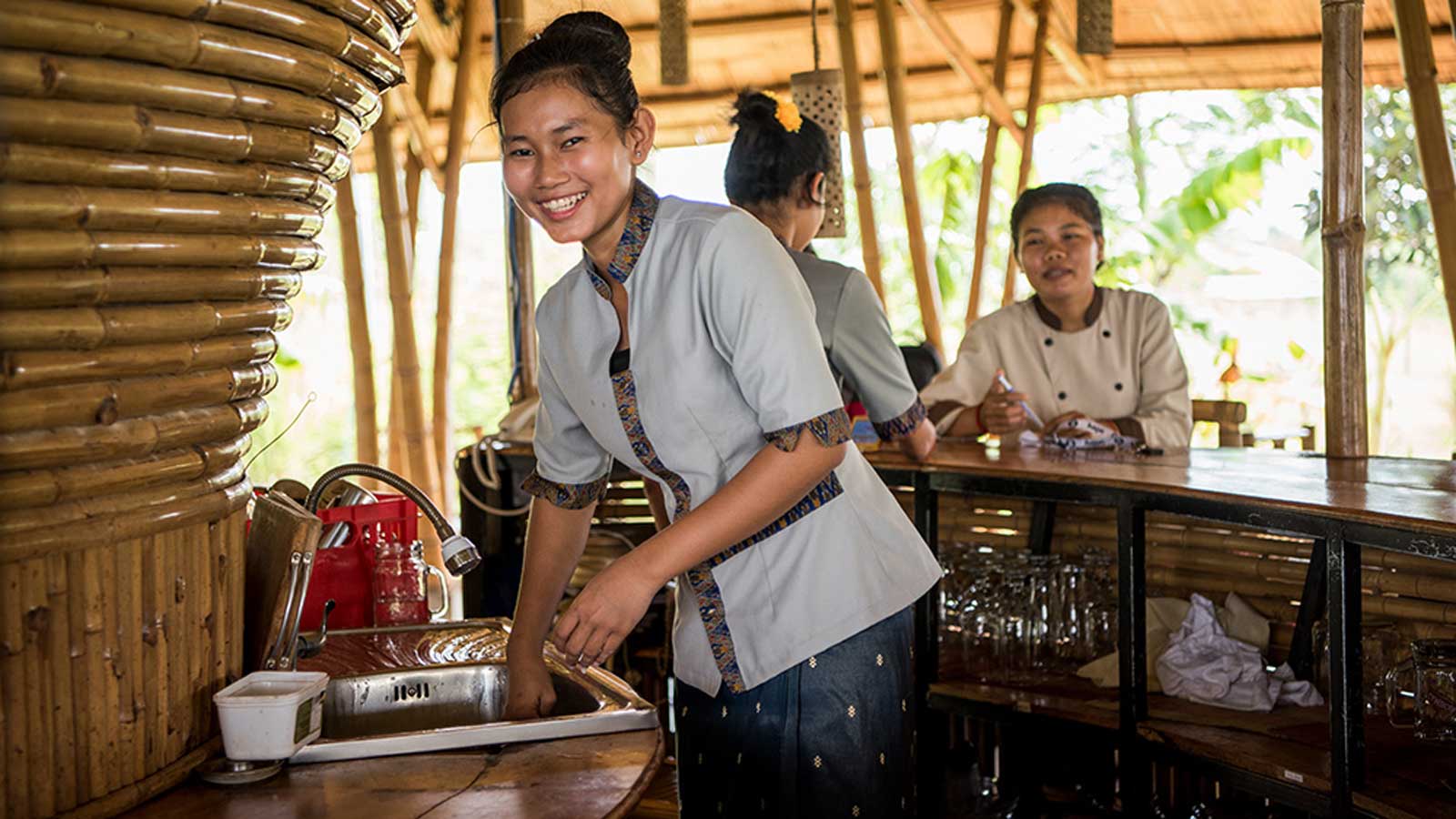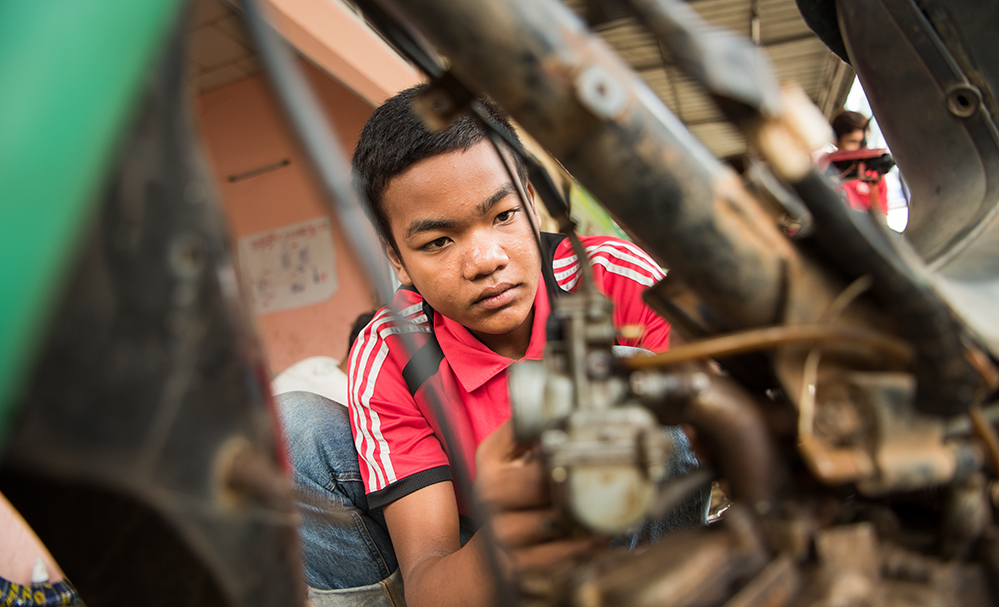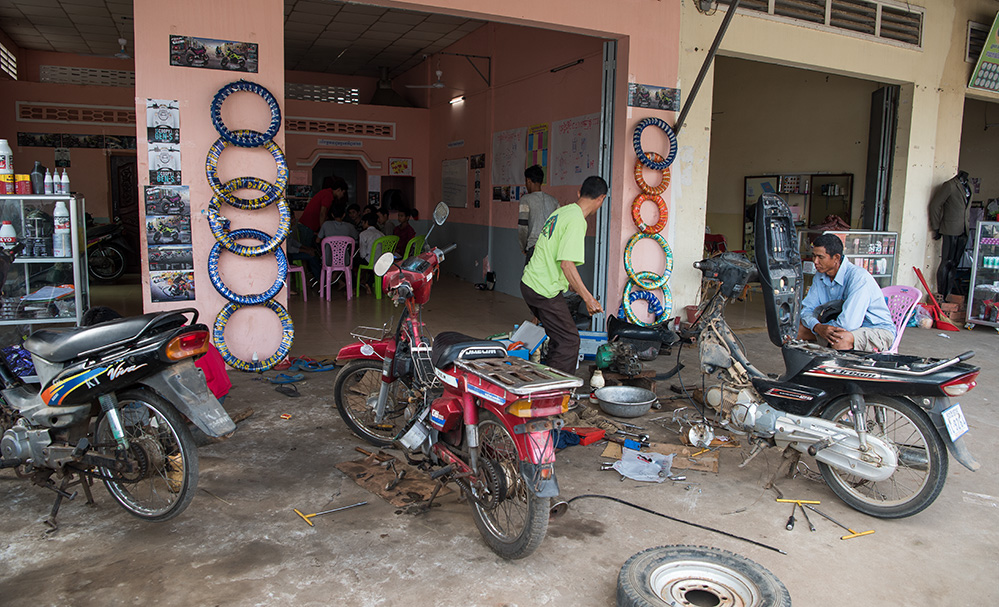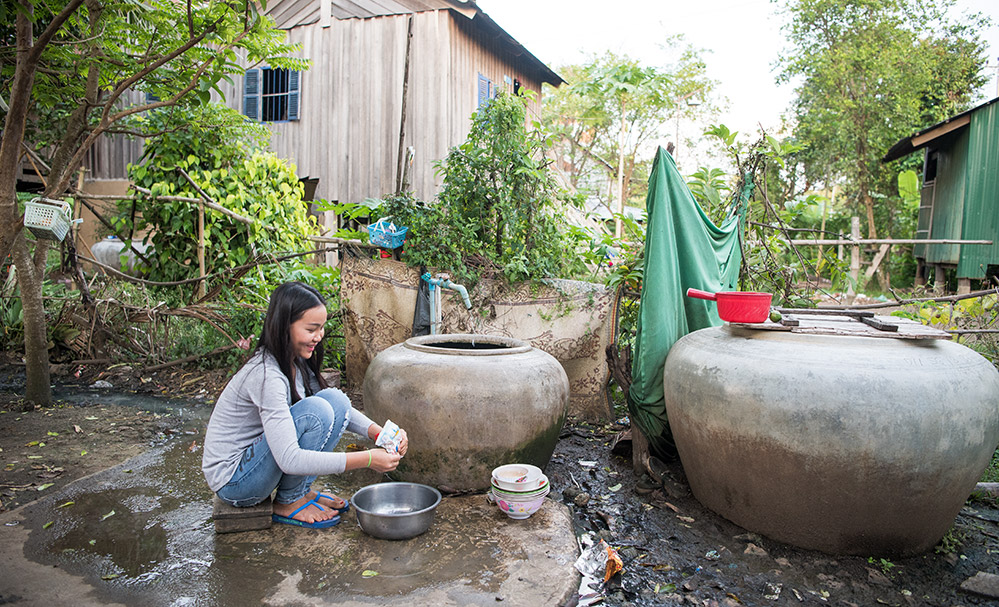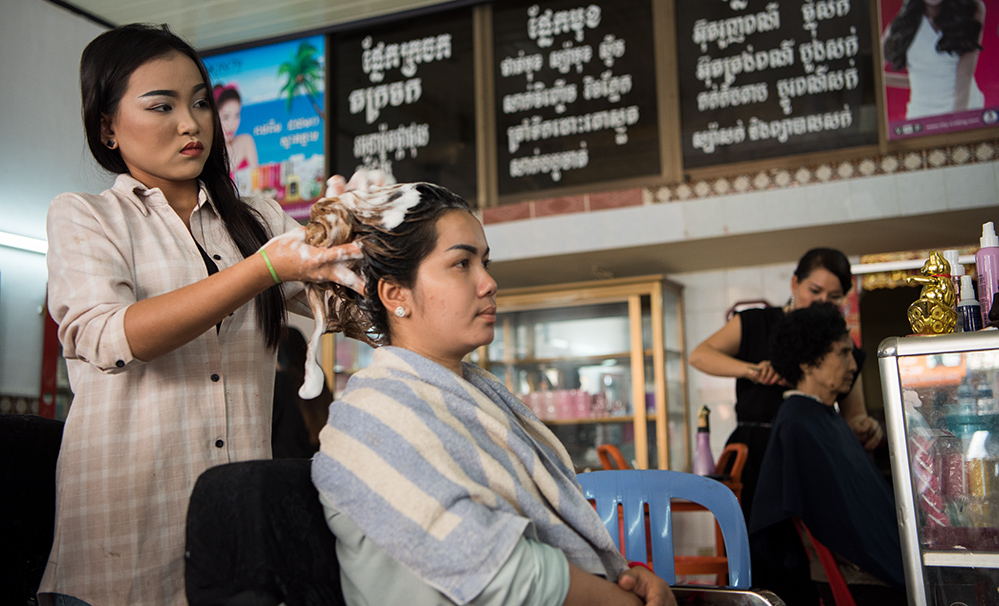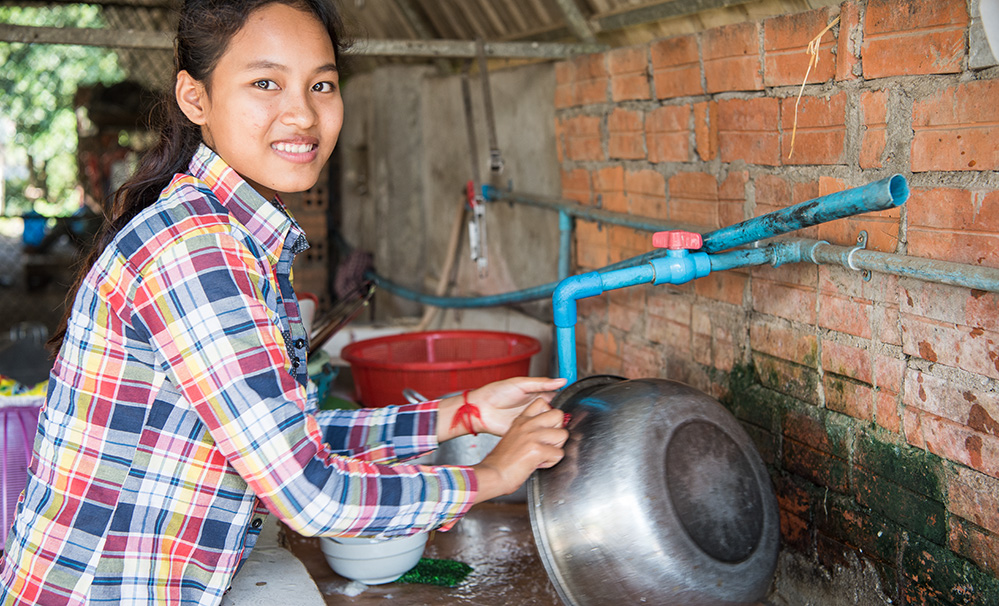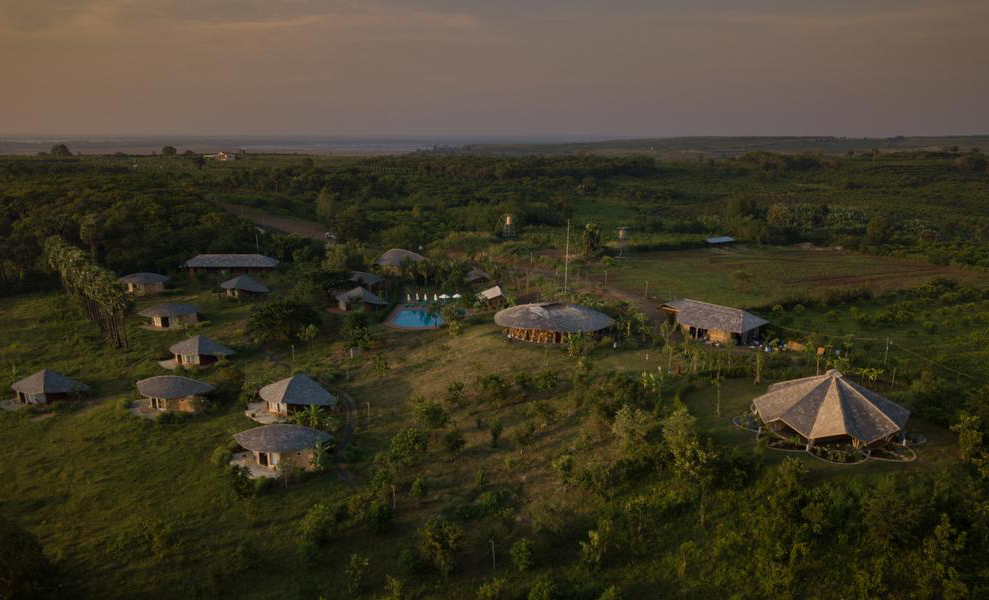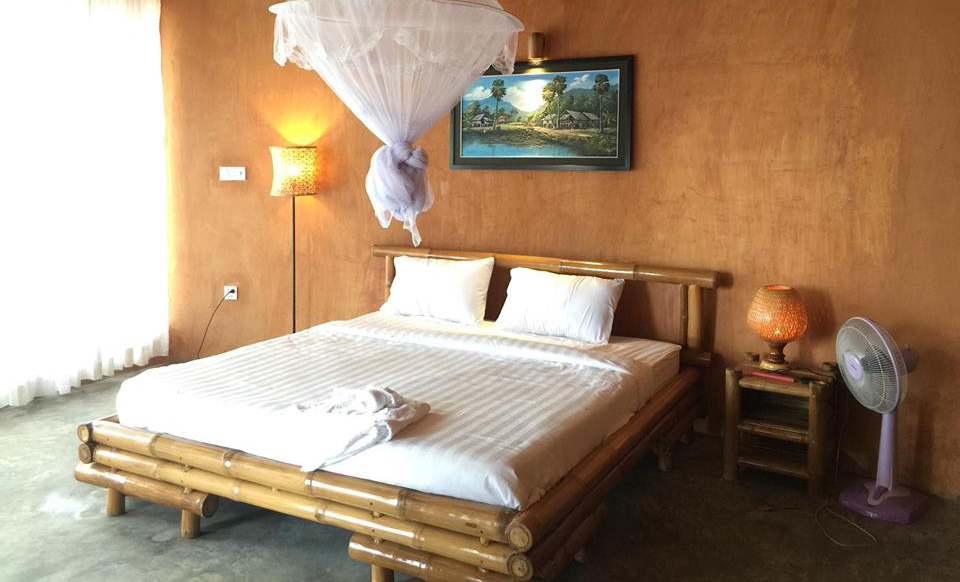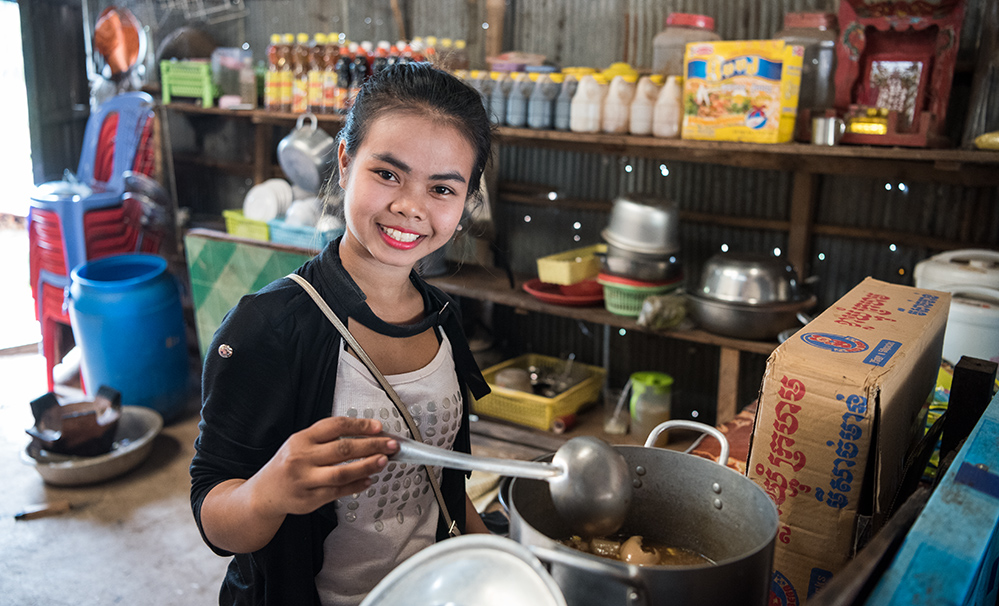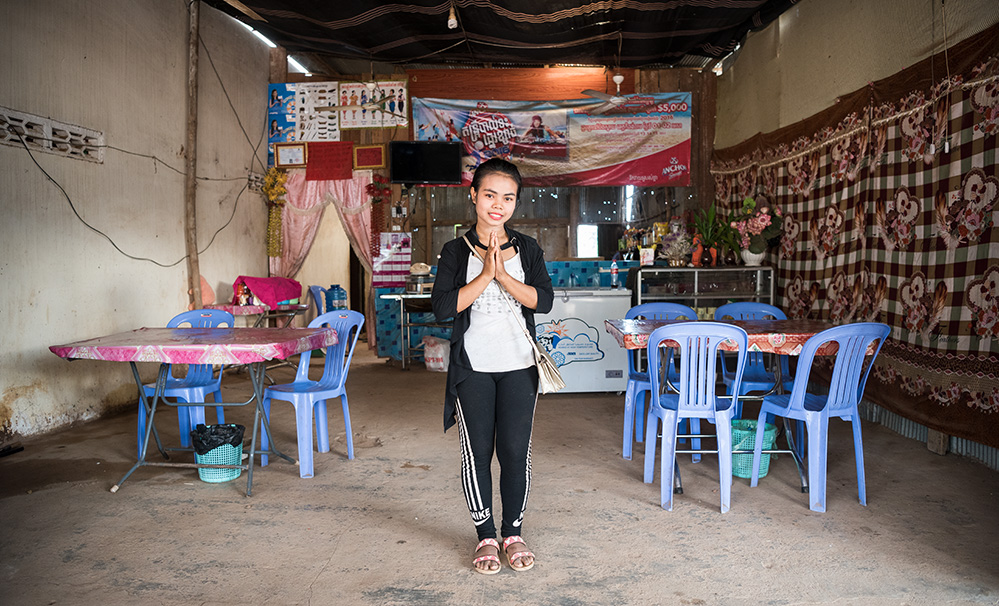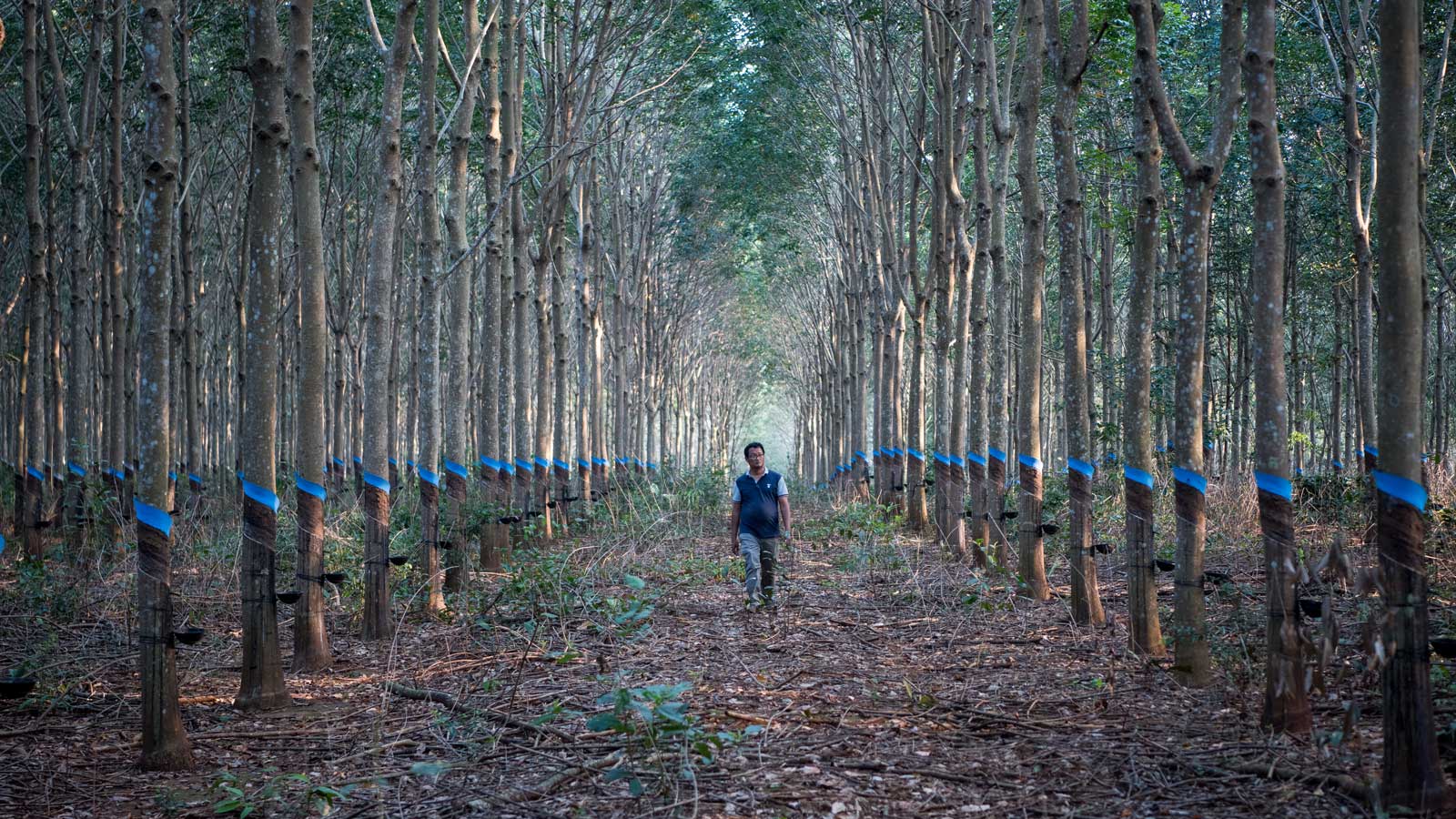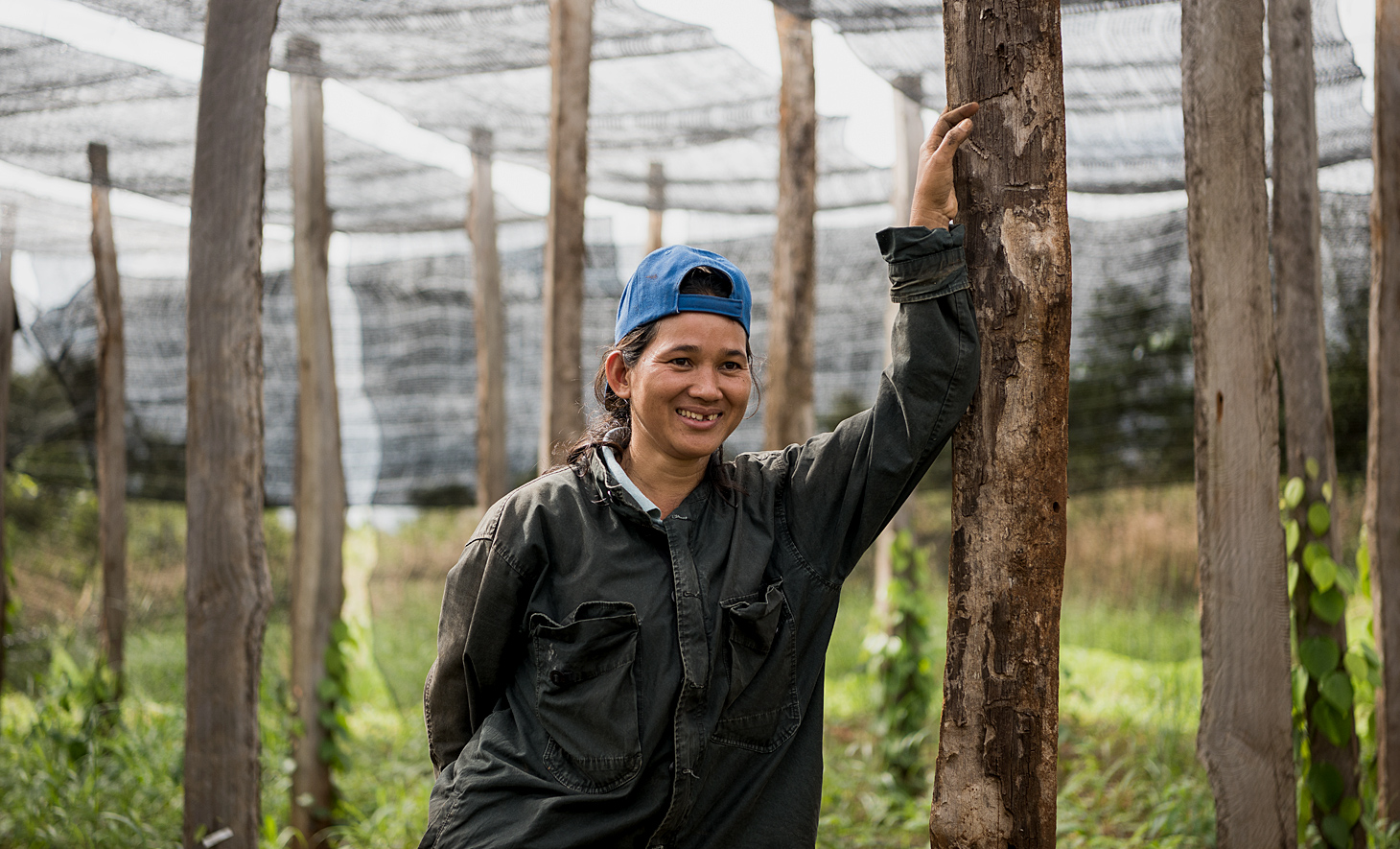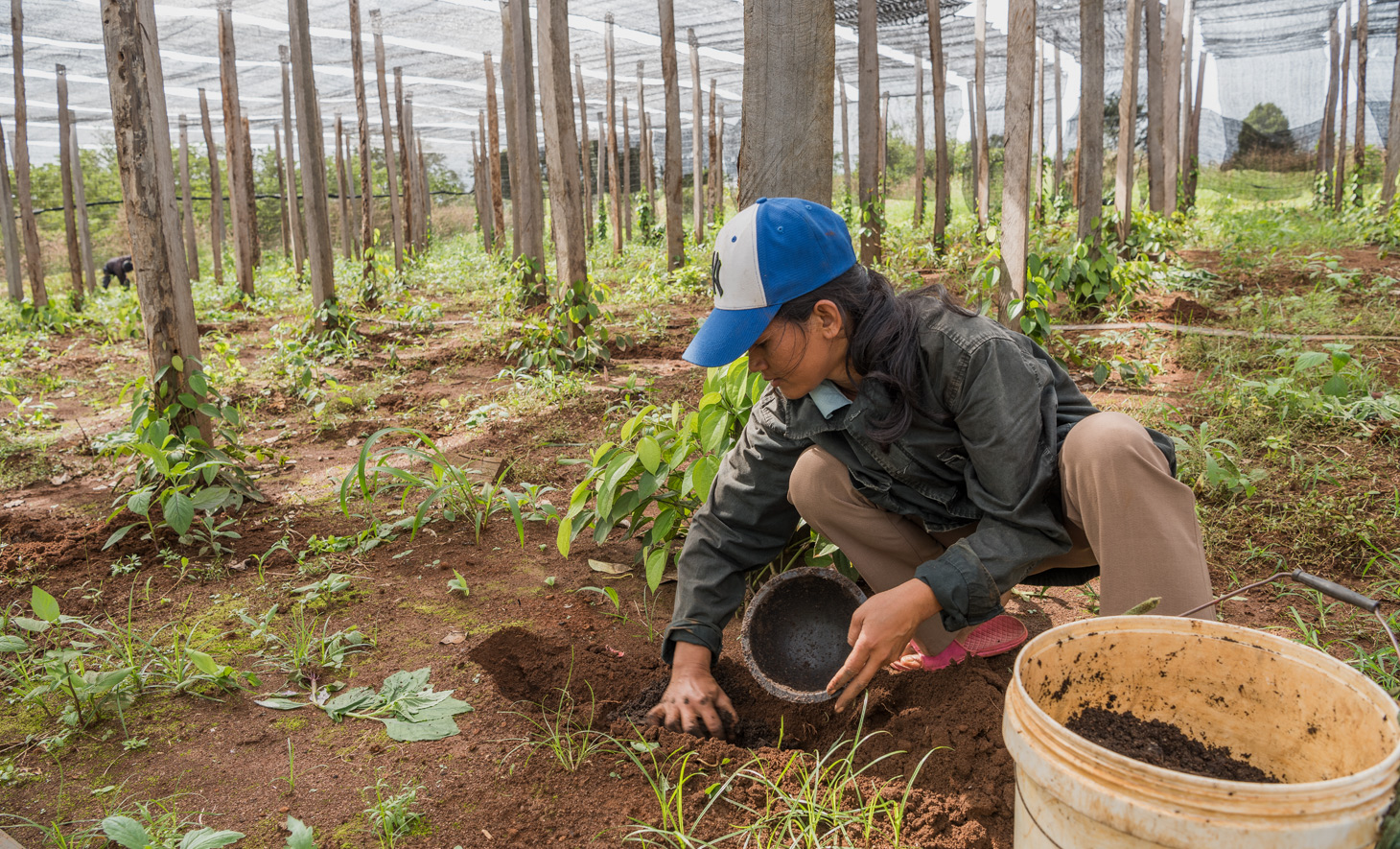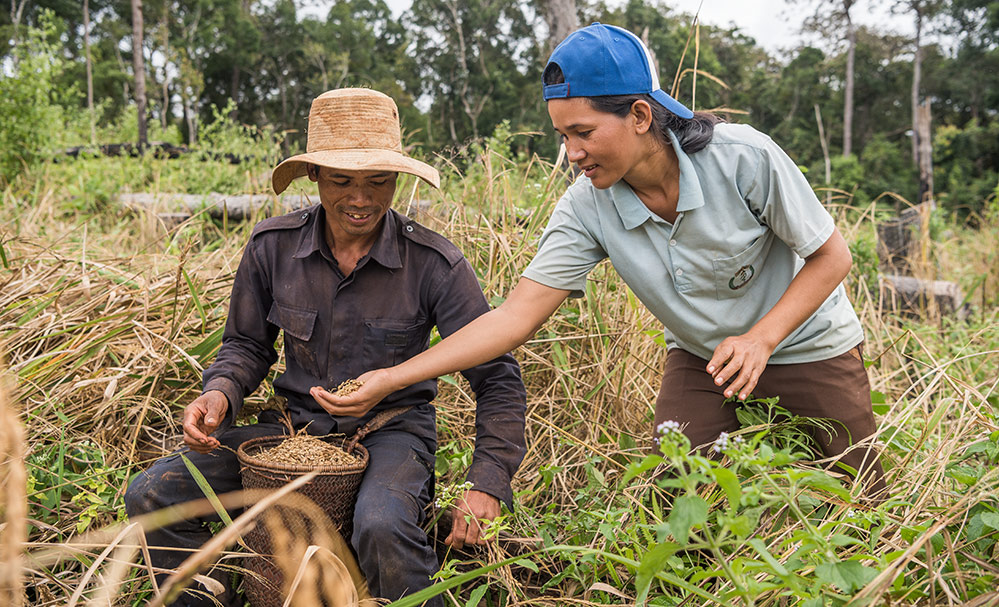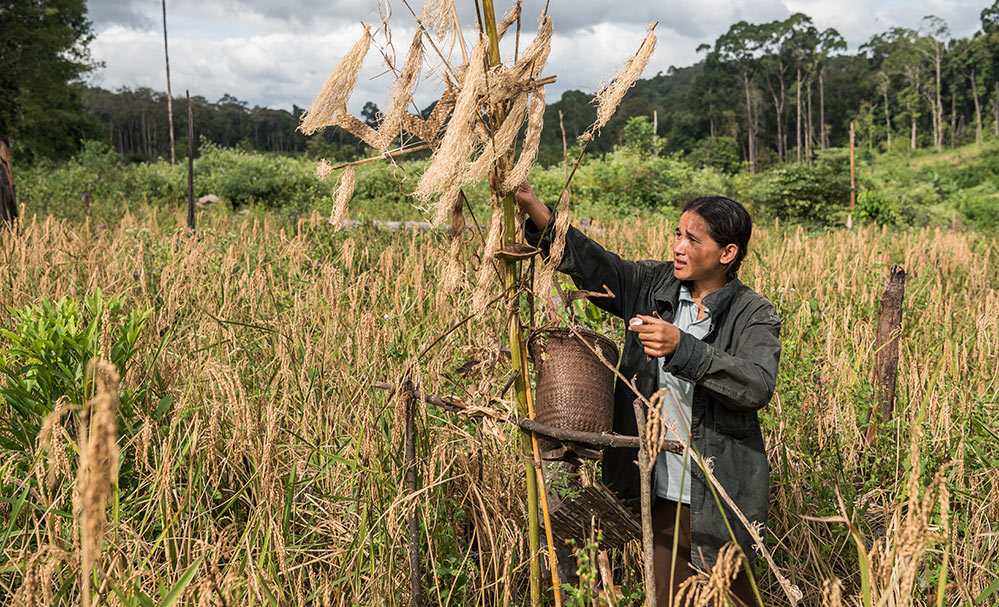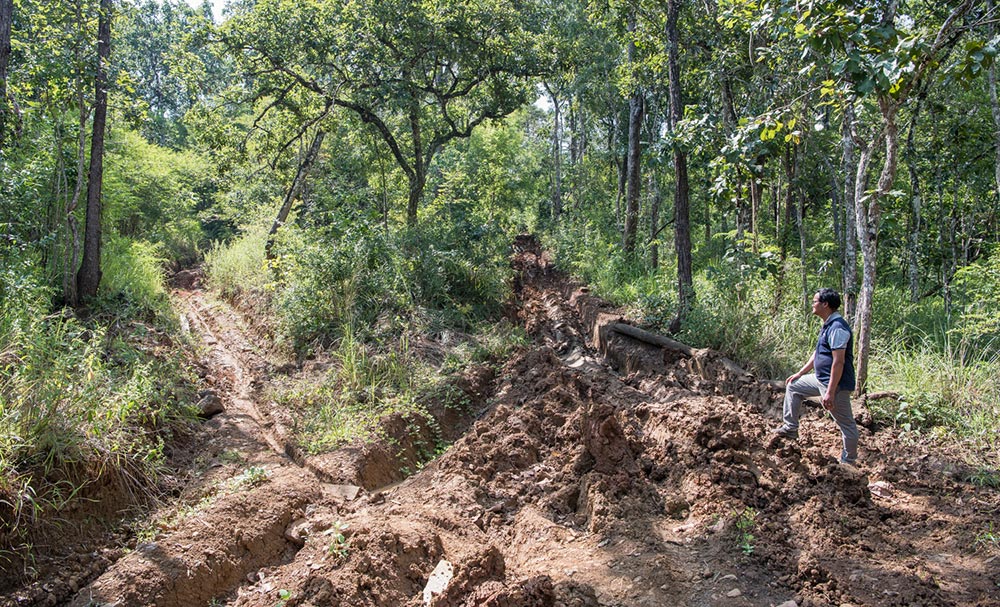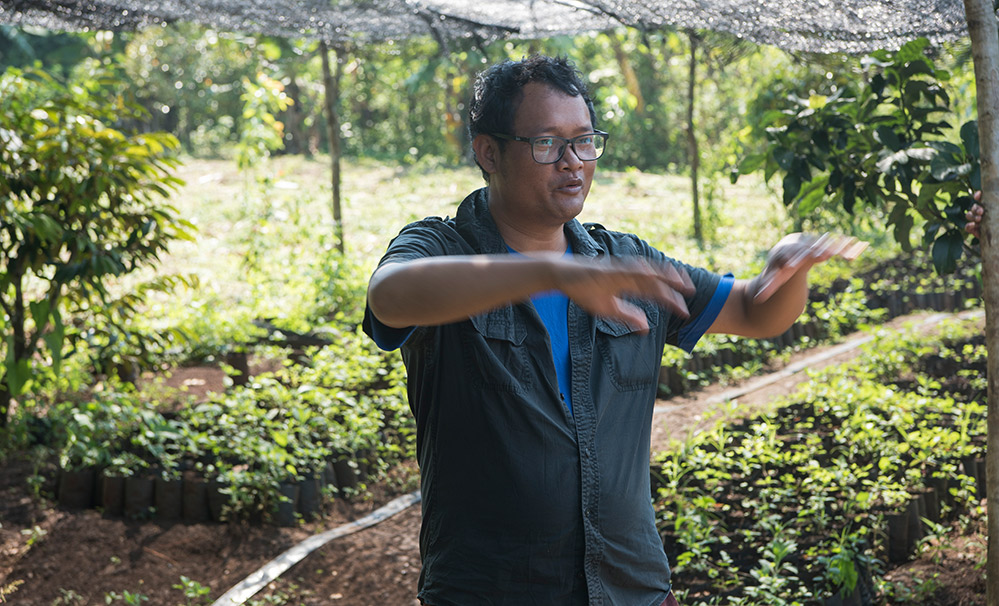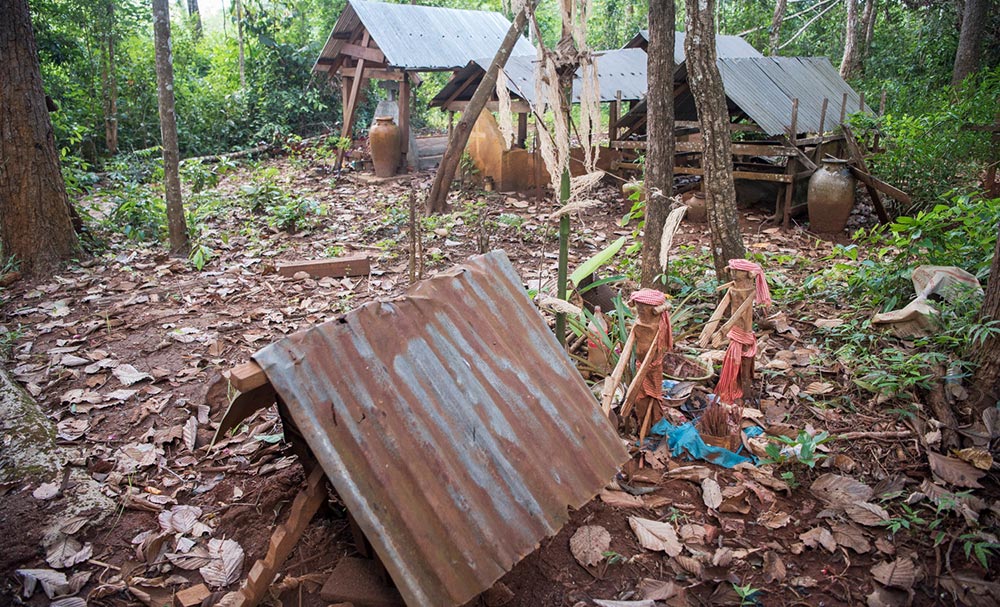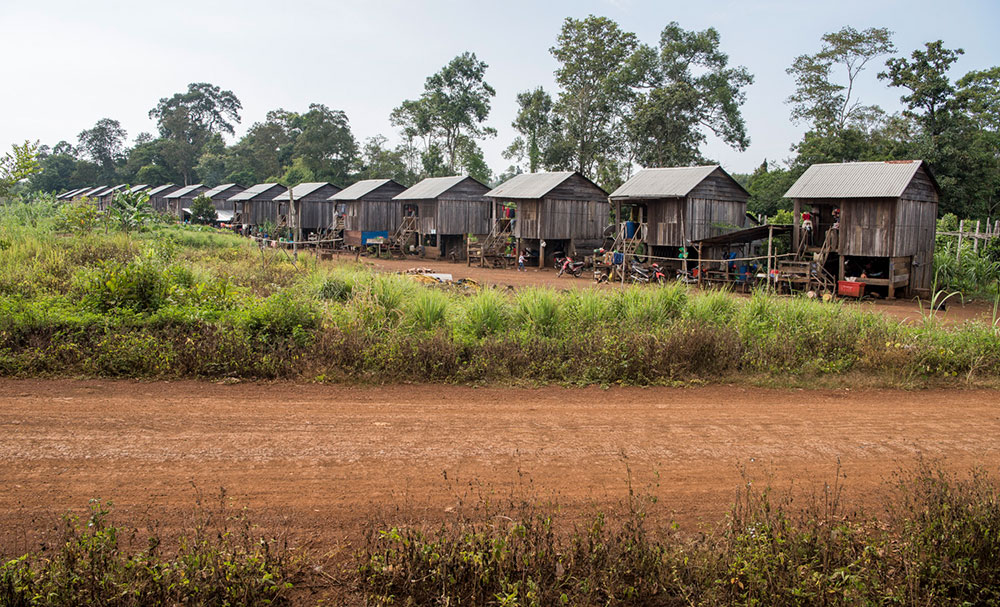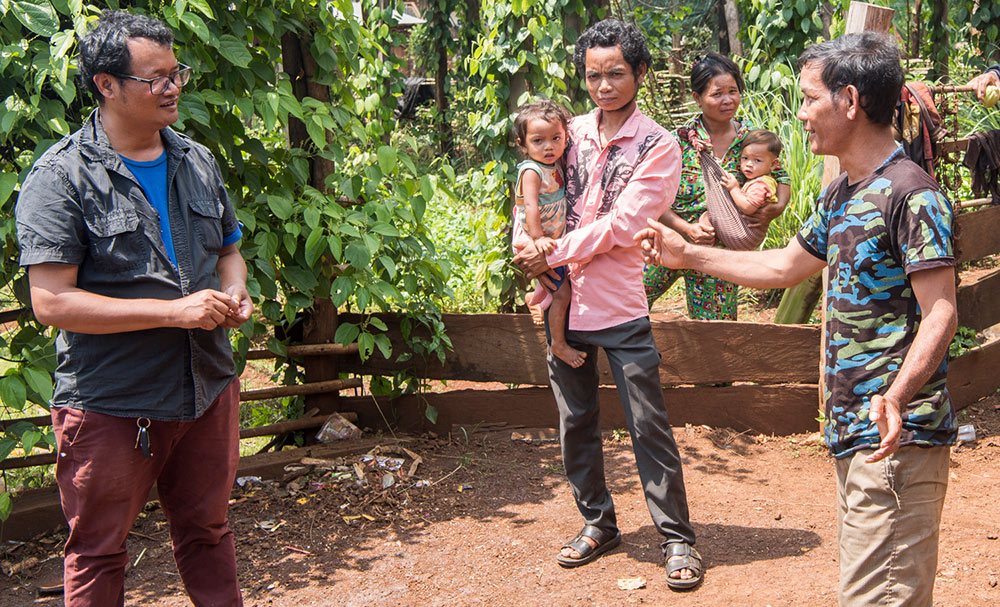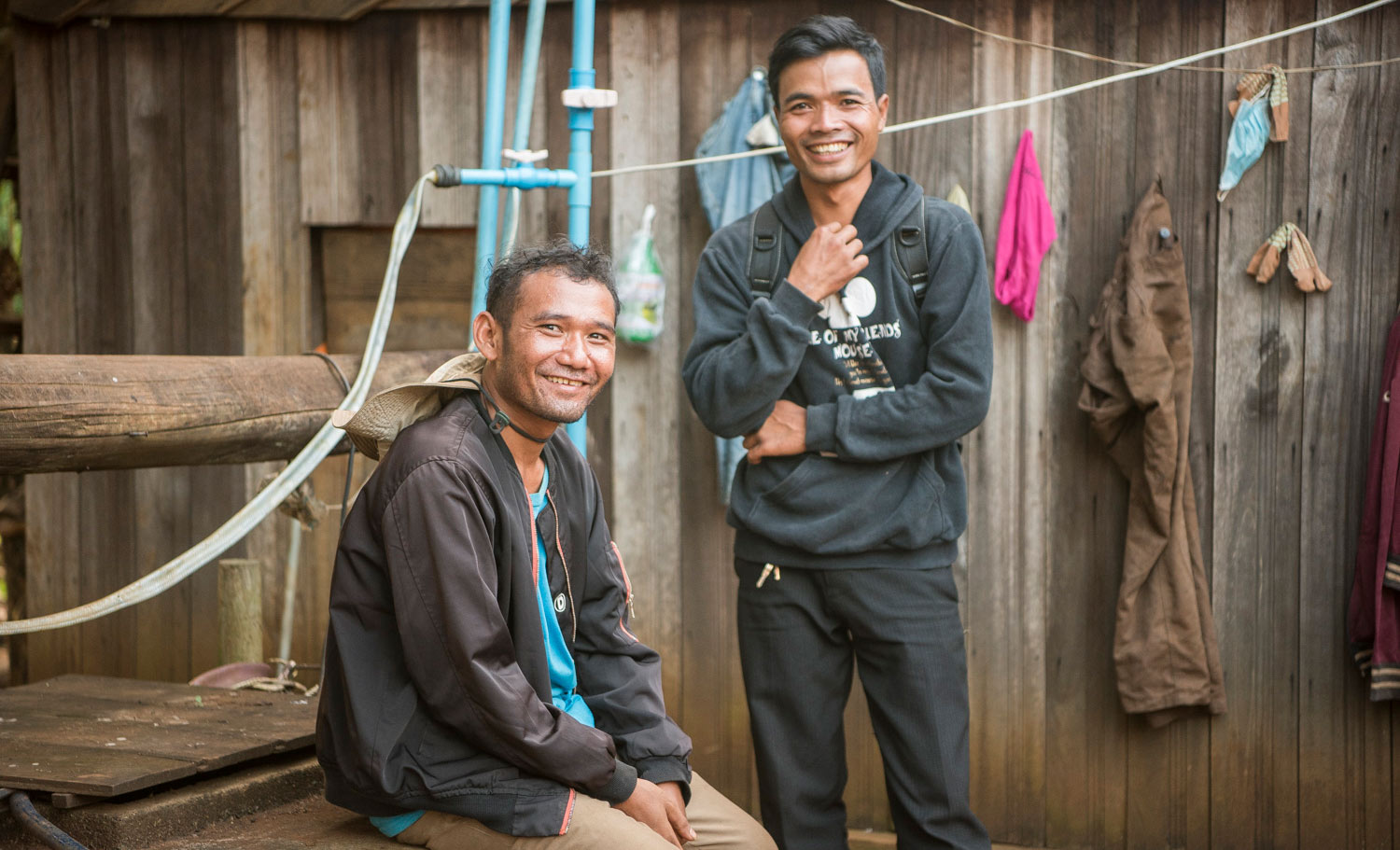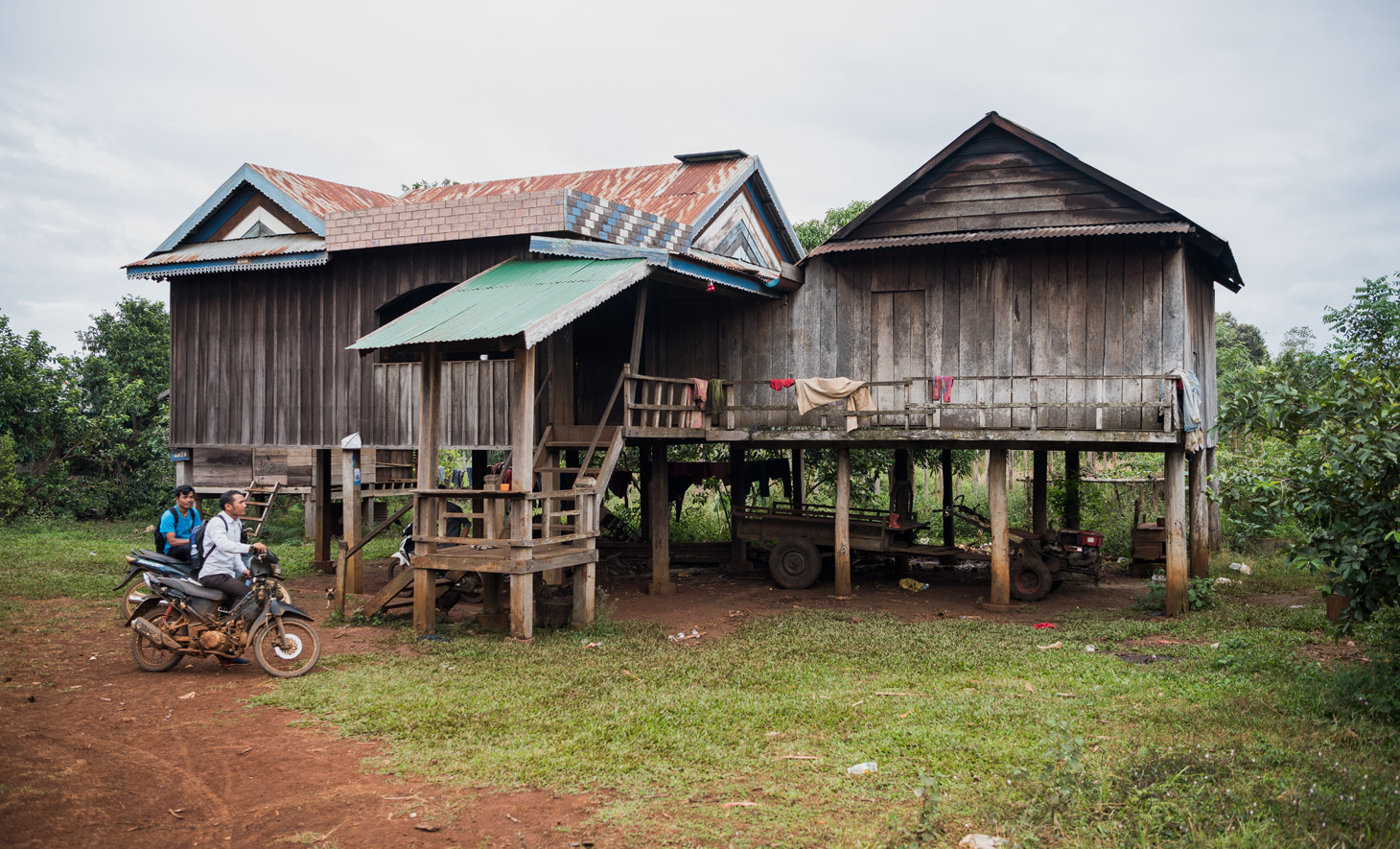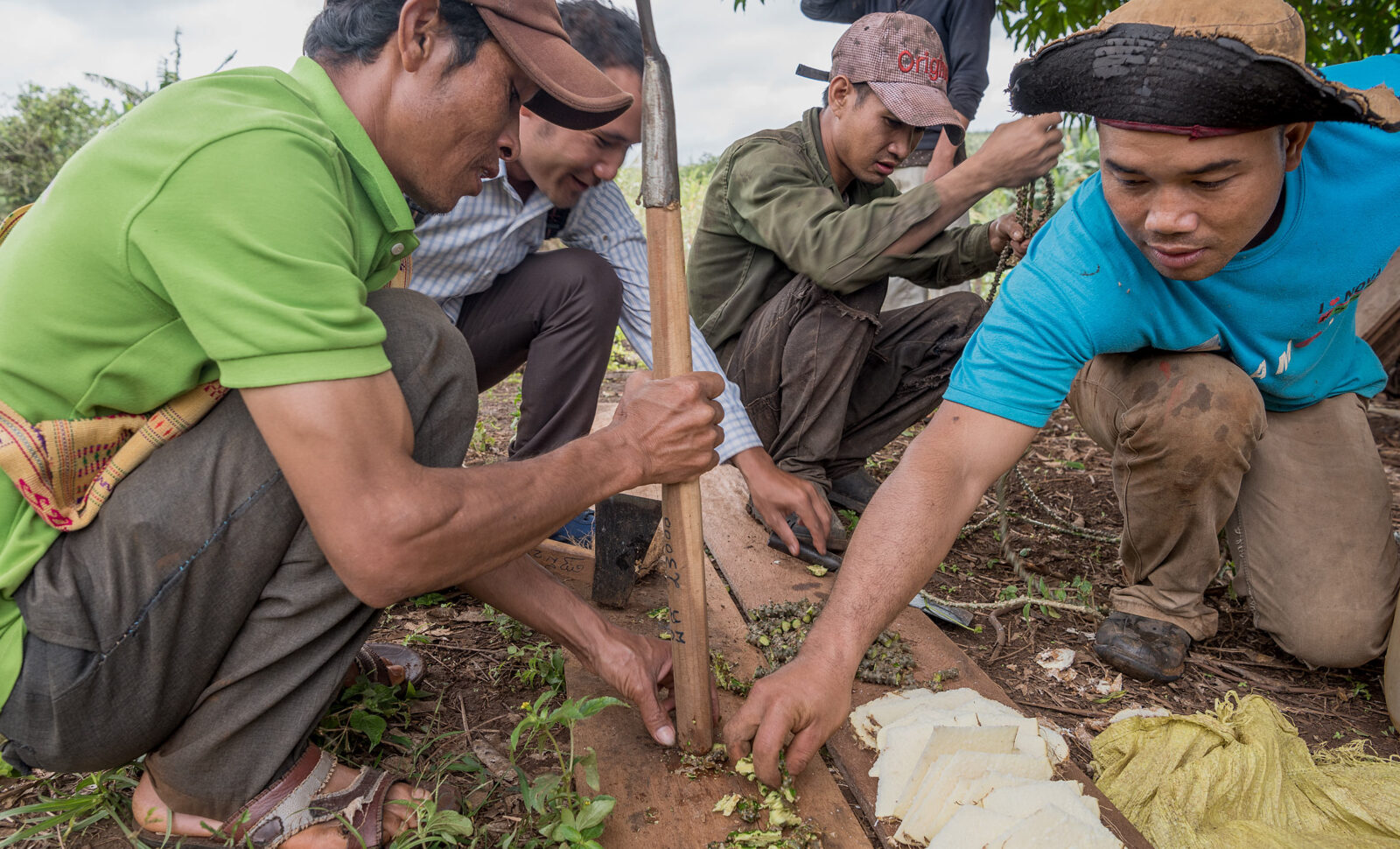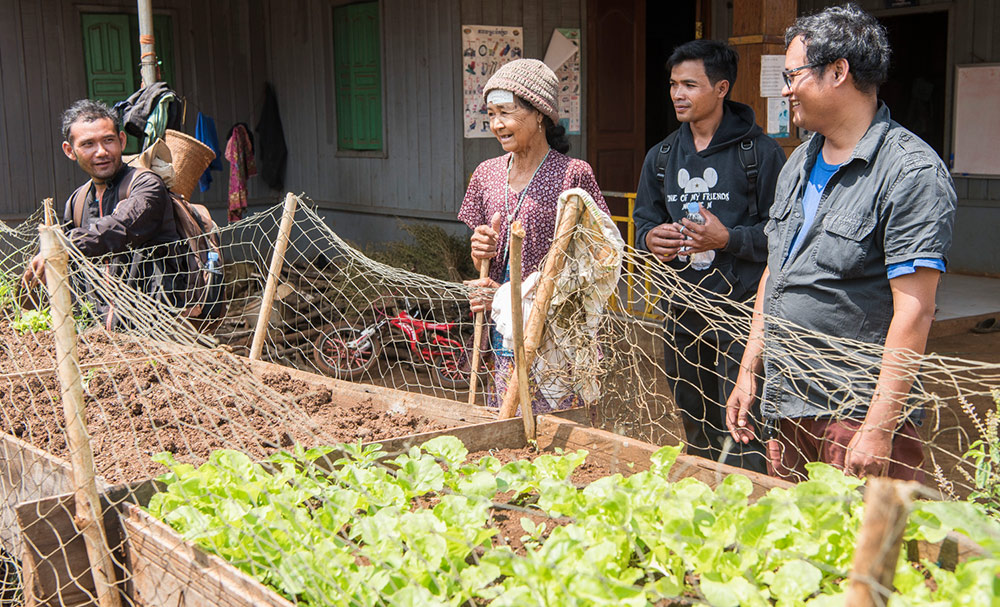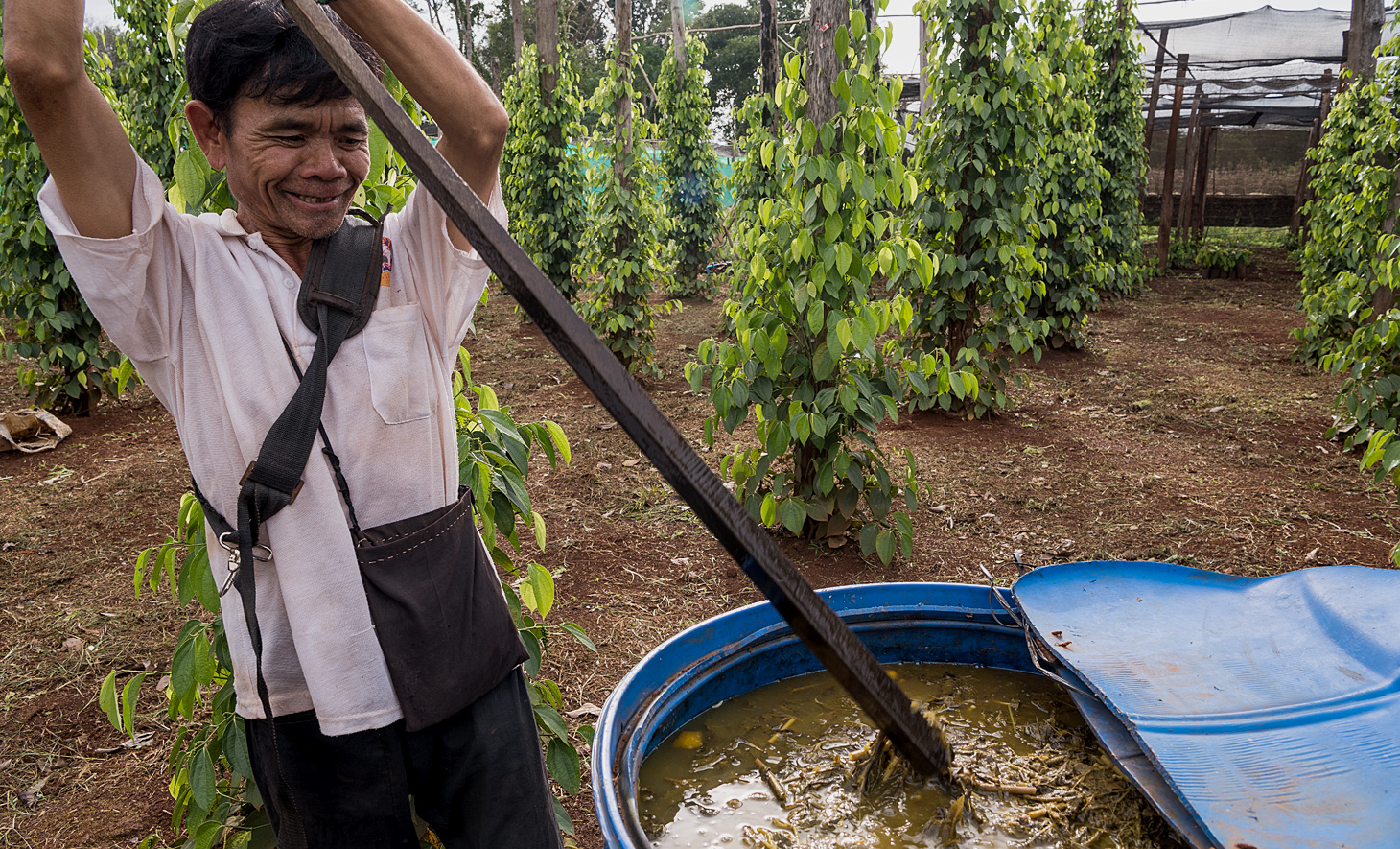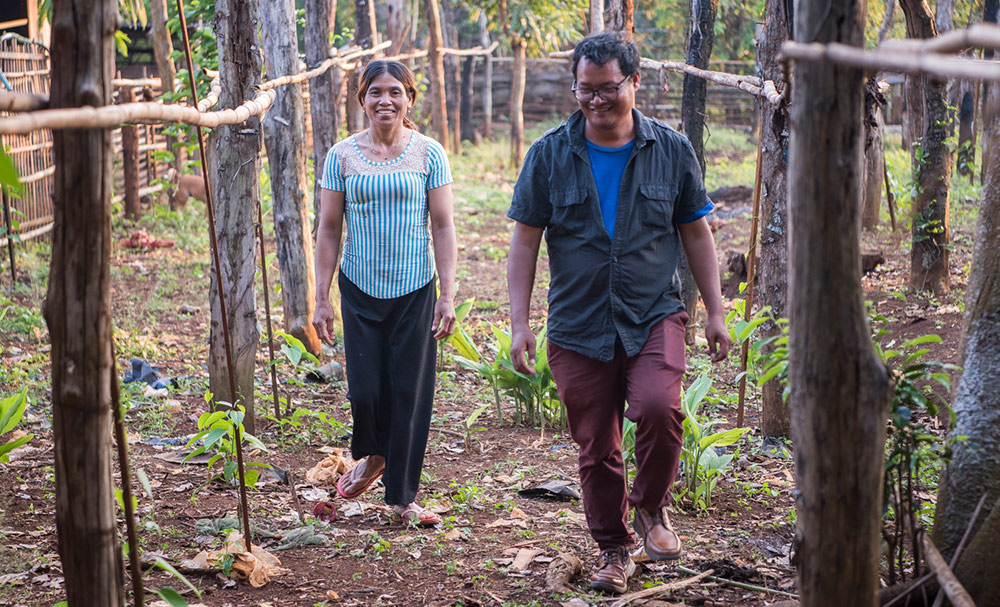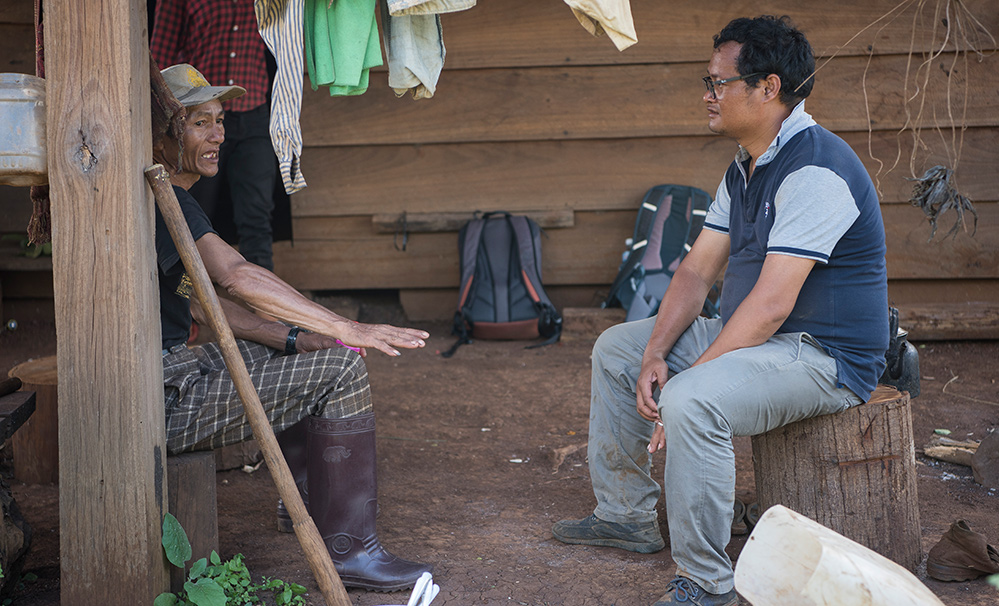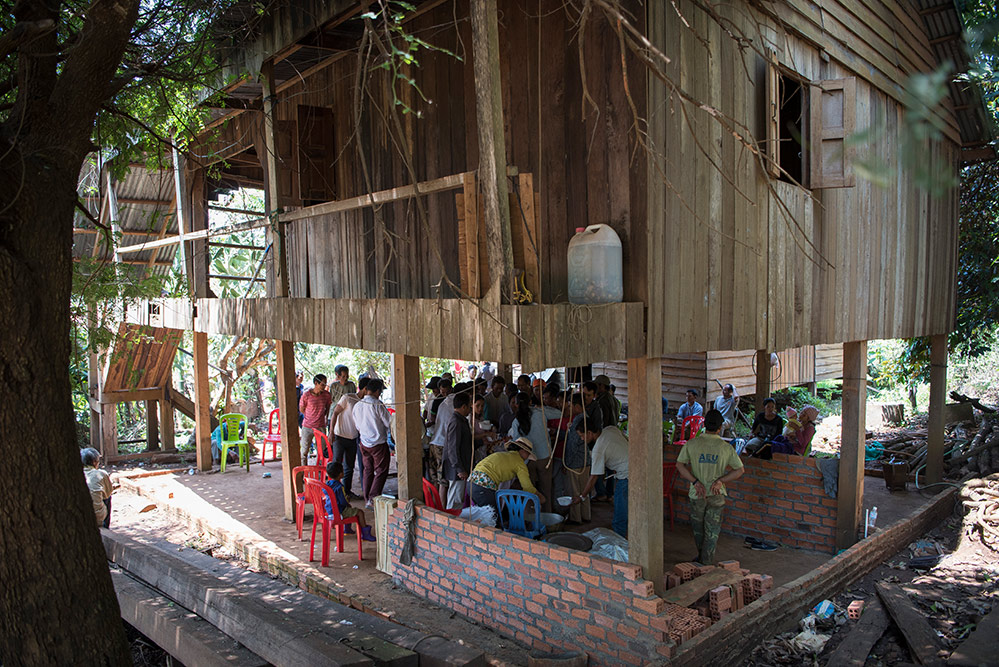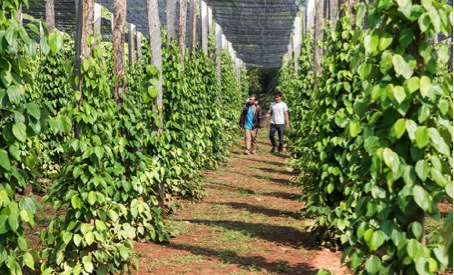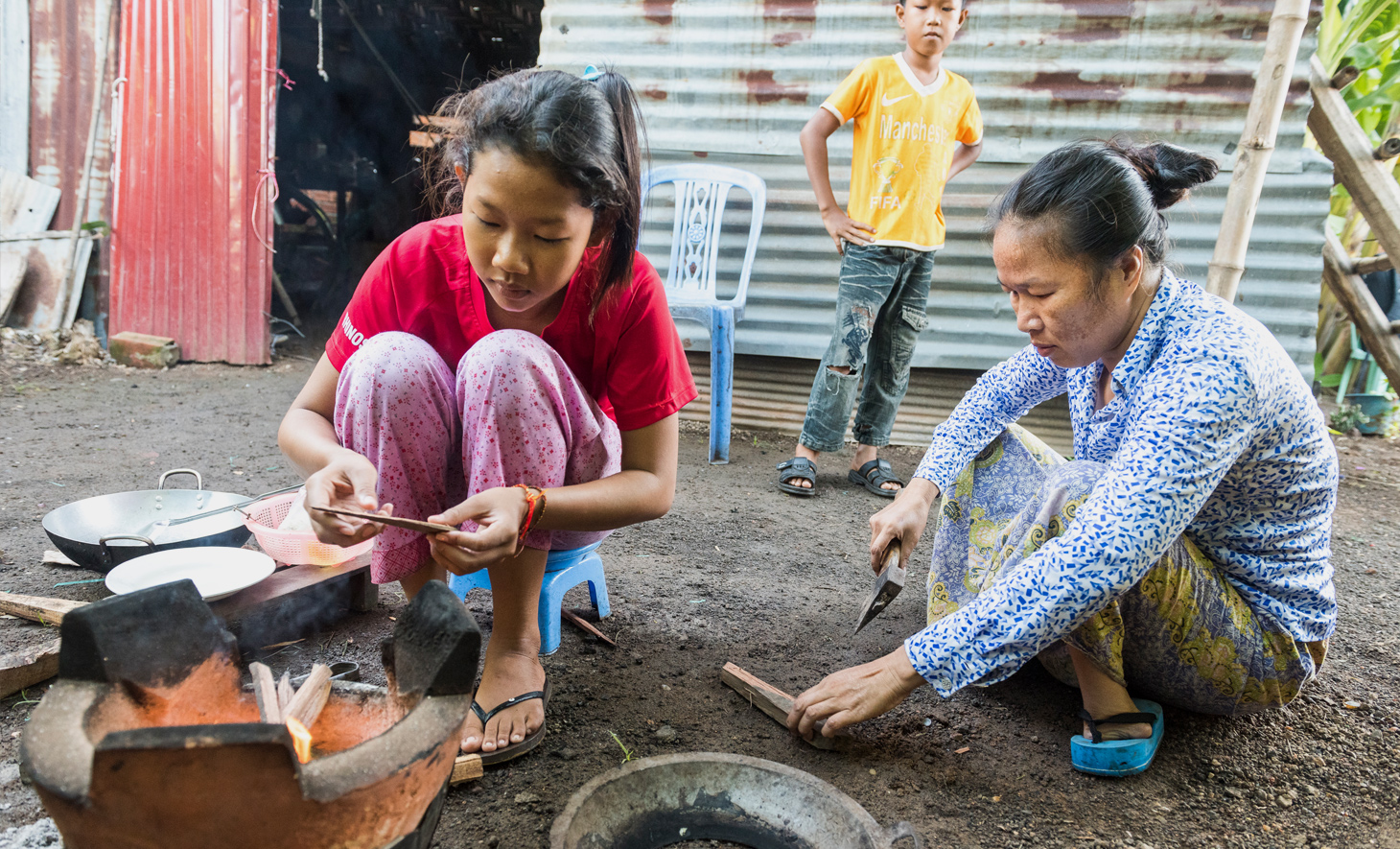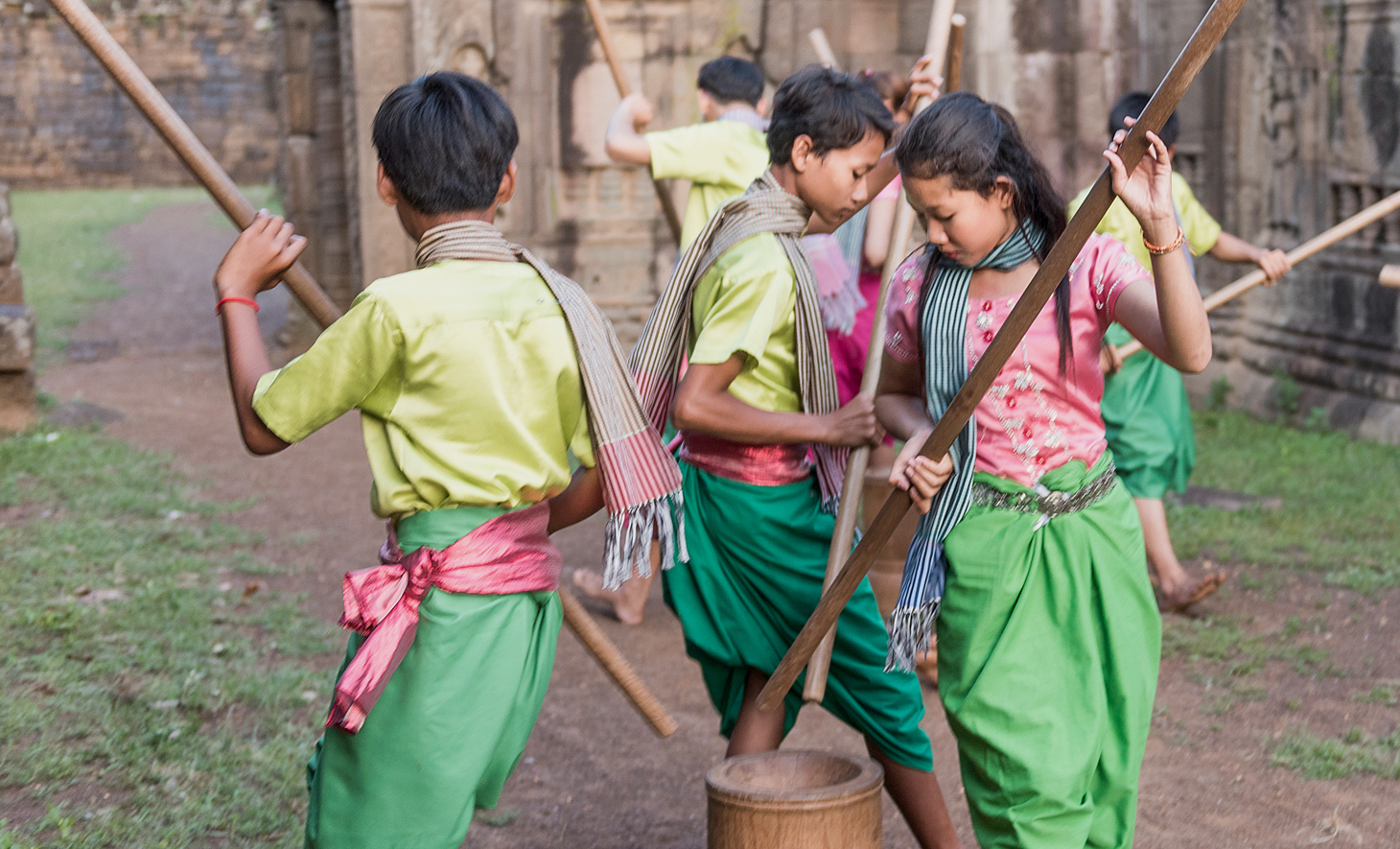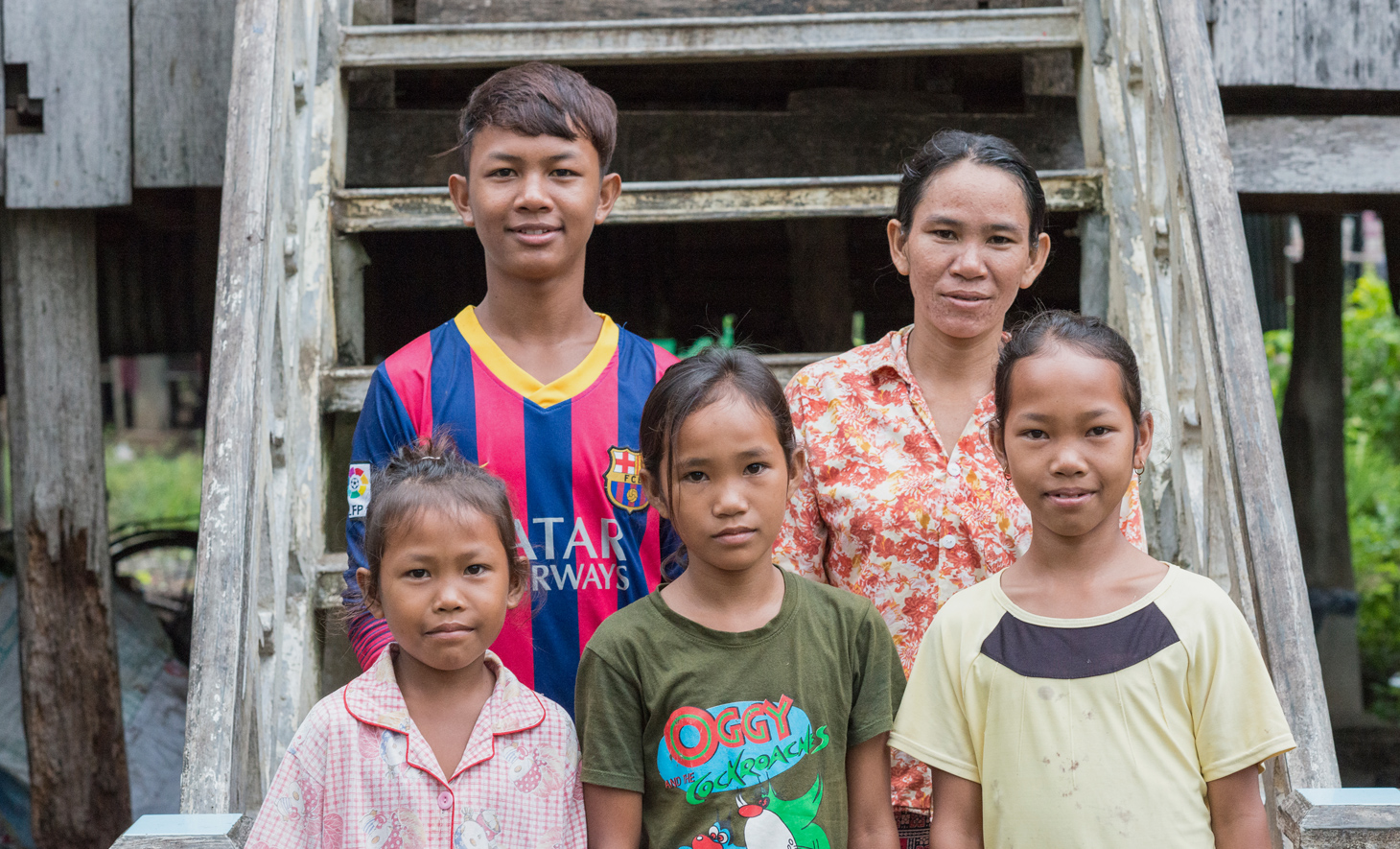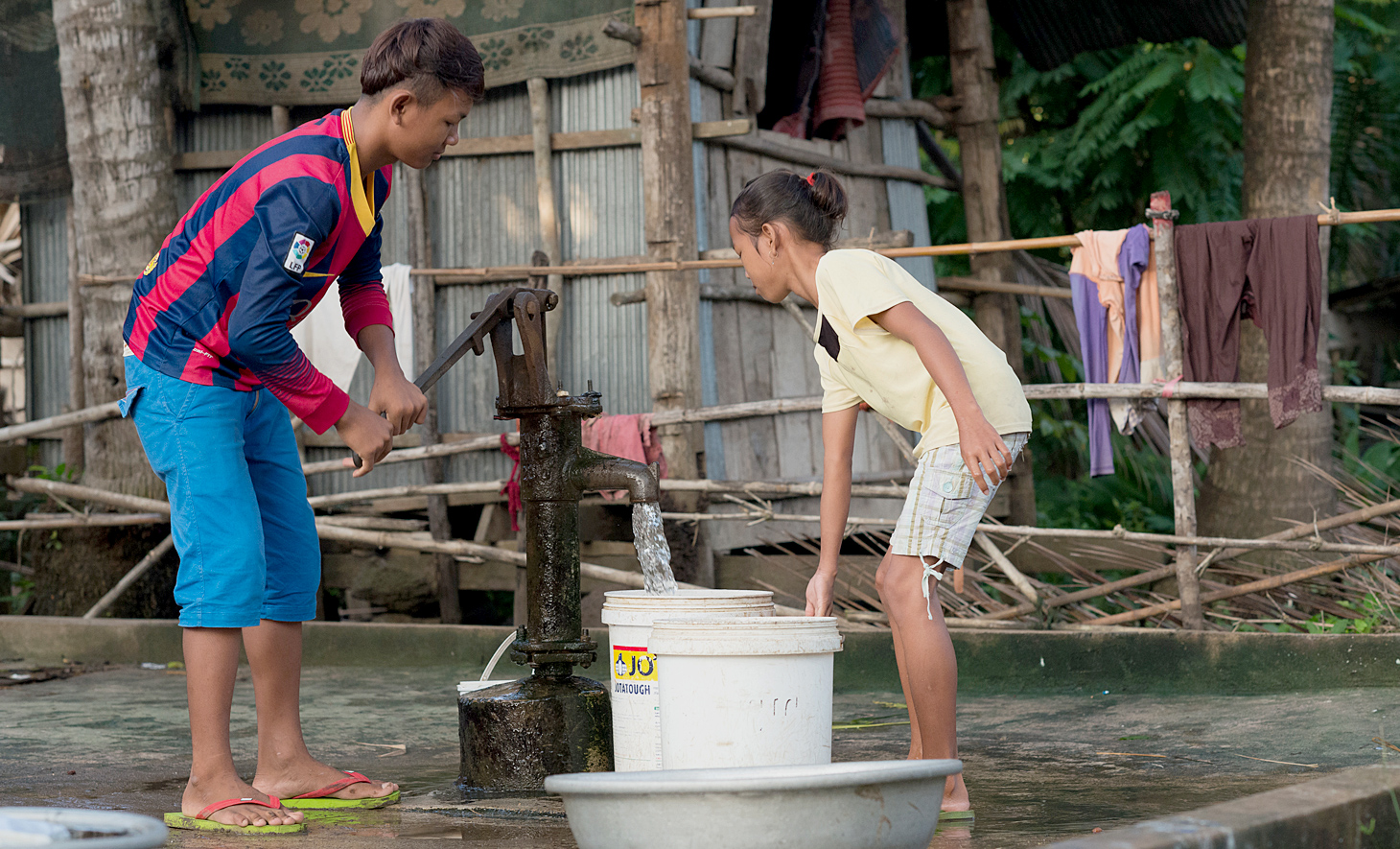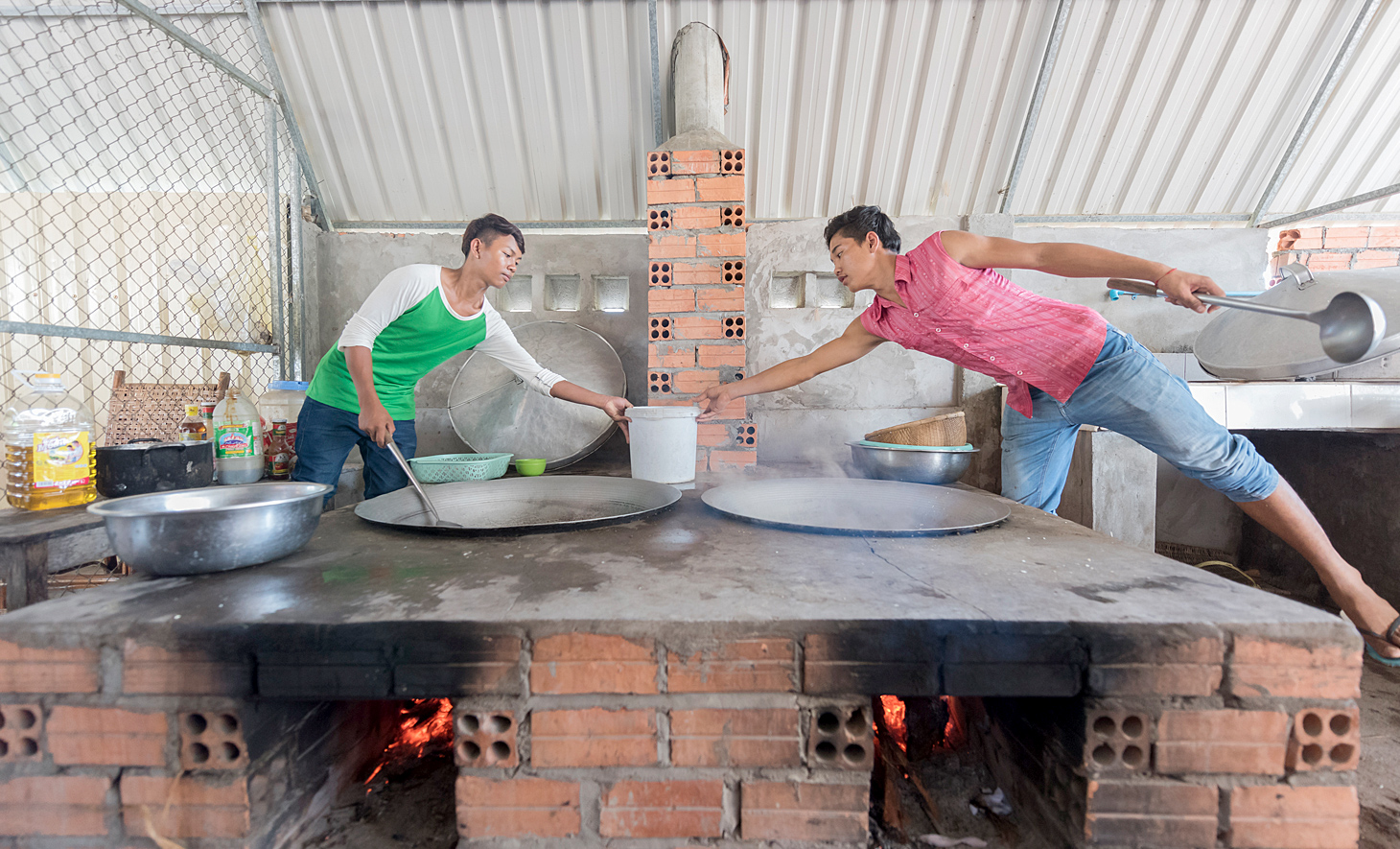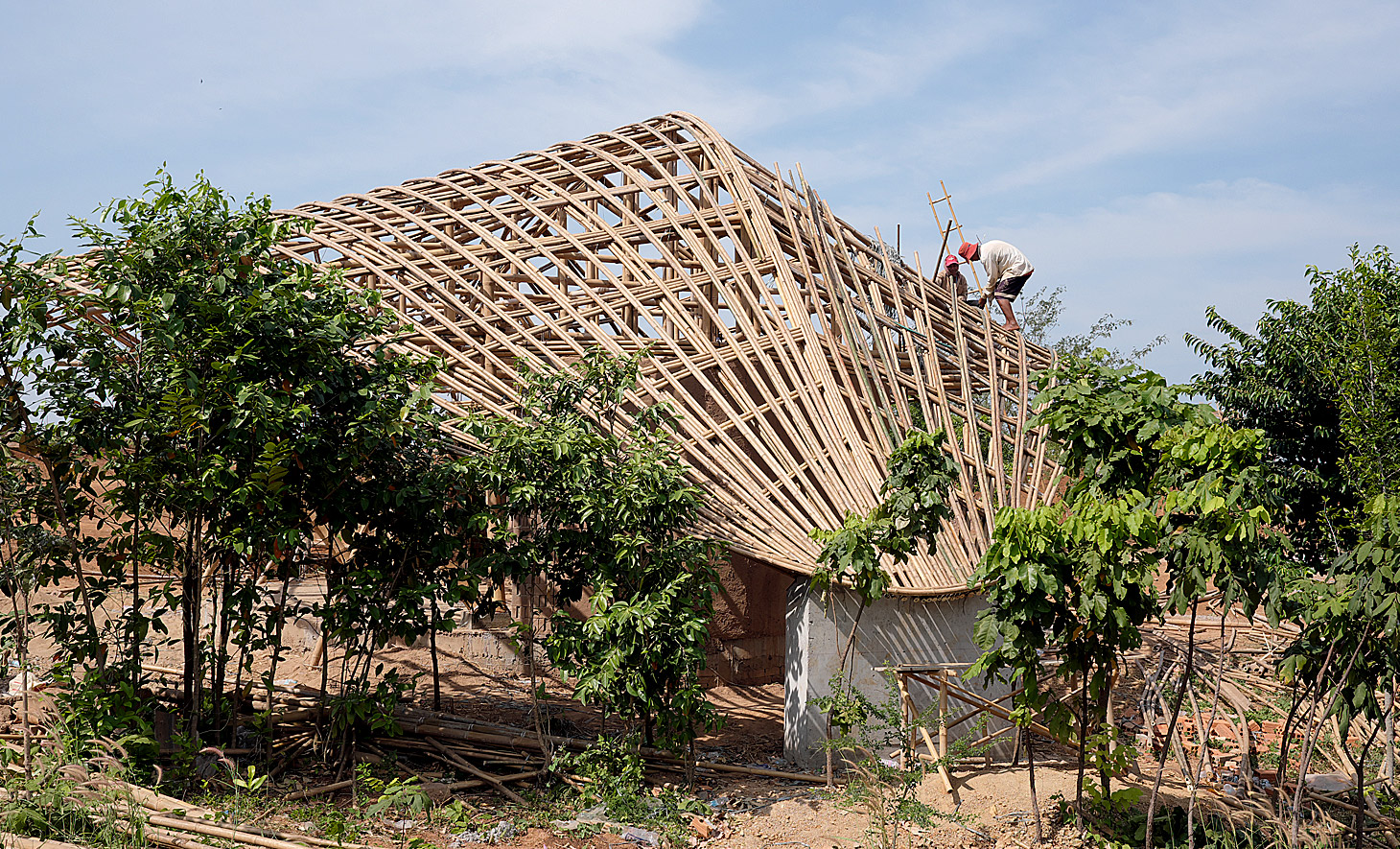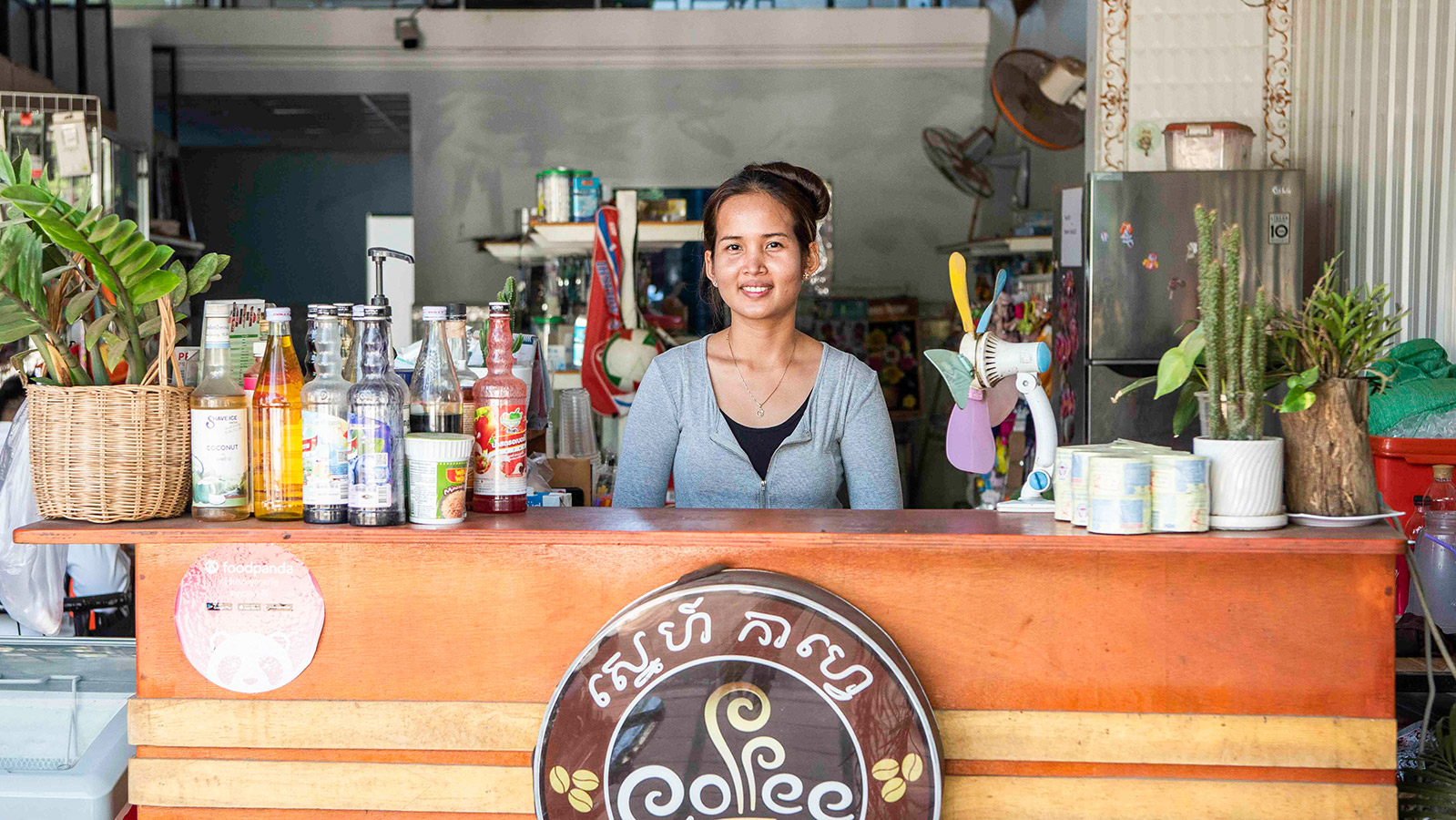
Young people on their way to independence
Our partner organisation BSDA (Buddhism for Social Development Action) has created holistic educational and vocational training programmes for socially vulnerable children and young people in the Kampong Cham region, Cambodia. With the aim of giving the young people a perspective and enabling them to lead an independent and dignified life, BSDA promotes not only the intellectual and professional, but also the social and personal skills of the beneficiaries. Educational and vocational training opportunities open the doors to a better future for young people, but the awareness of one’s personal skills and the resulting belief in oneself are essential for sustainable self-development. BSDA is aware of this and takes a holistic approach in all programmes for all ages.
PHOTO REPORT FROM THE PROJECT IN CAMBODIA
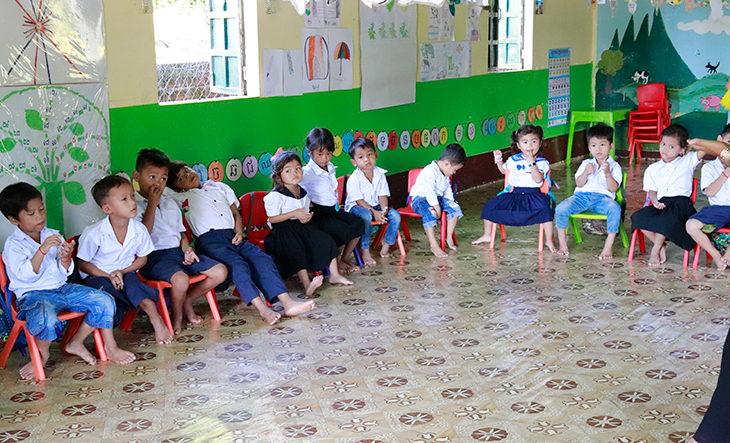
In two of BSDA’s kindergartens, children from particularly poor backgrounds are prepared for school. This is done holistically and in a playful way. In the long term, this programme is to be integrated into the public kindergarten programme that is currently being developed. To this end, BSDA is working closely with the Ministry of Education.
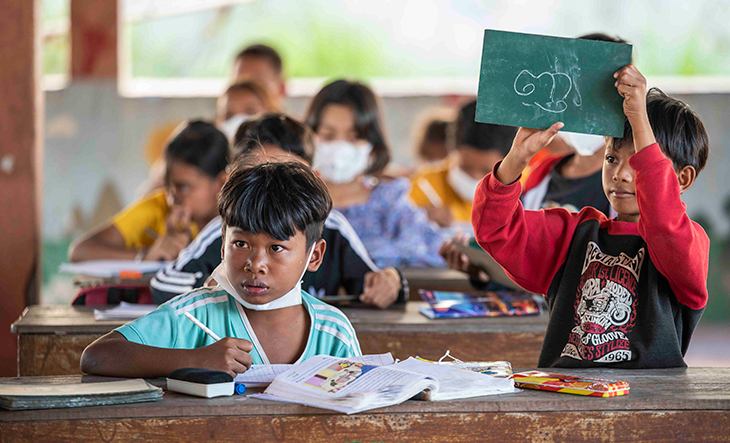
At the Happy-Happy-Centre, one of the two drop-in-centres, children can attend extra tuition classes in addition to regular school lessons. The offer brings some relief to the parents, most of whom are engaged in illicit work, and the children have a safe place for their personal development.
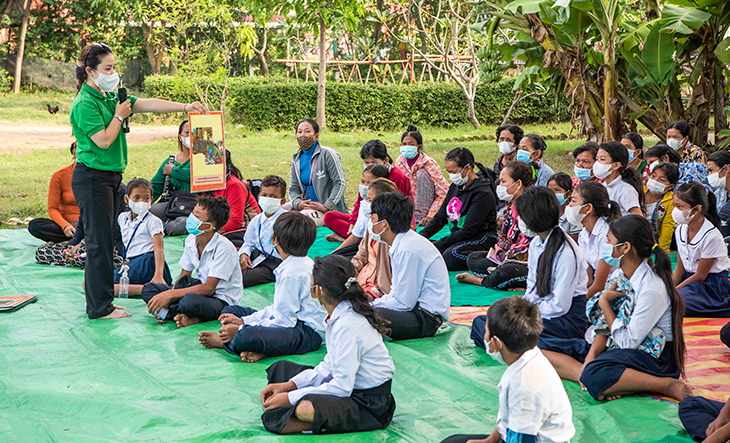
BSDA also grants scholarships to particularly poor families, thus ensuring school attendance for many socially vulnerable children. Awareness-raising events on various topics are also organised in the framework of the awarding of these scholarships. In this case, the topic is violence.
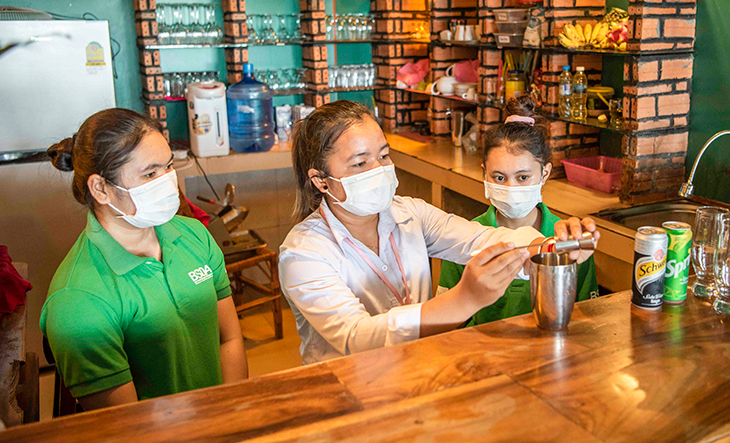
BSDA itself runs two social enterprises where young people can be trained in the gastronomy and hotel industries. Here at Smile Restaurant, a former beneficiary shows two trainees how to prepare different drinks.
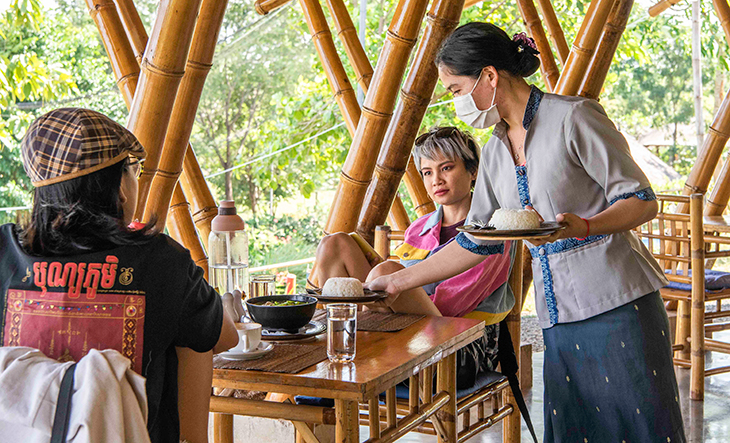
Sreng Bopha (right) has completed her training at the Hanchey Bamboo Resort, the second BSDA-owned social enterprise. Here she is serving a well-known Cambodian singer who celebrated her birthday at the resort, which attracts national and international guests.
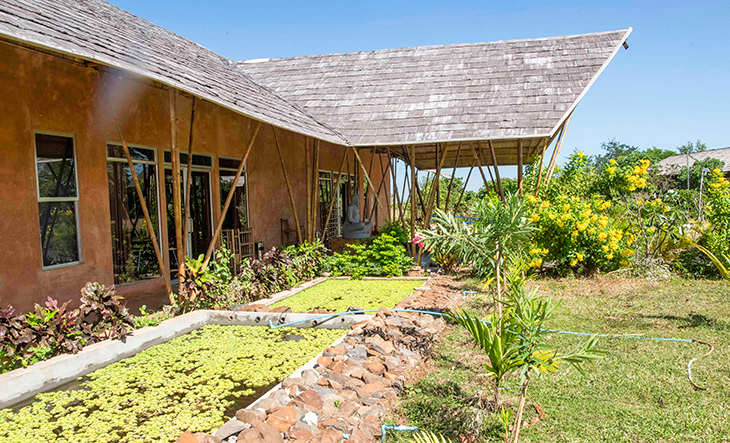
Due to its special architecture and social and ecological concept, the resort has become widely known.
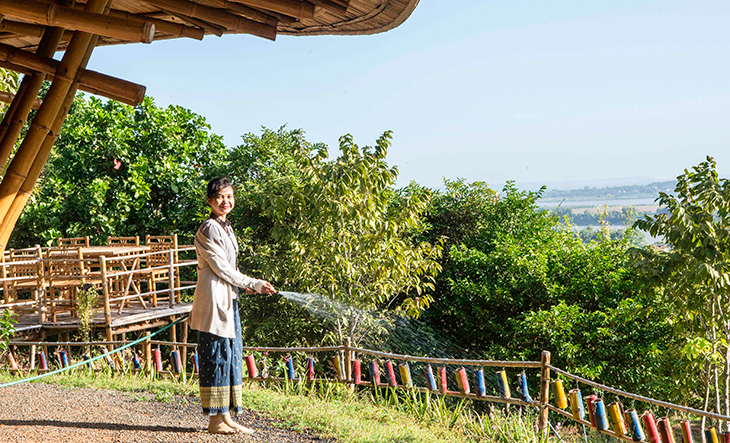
The garden is excellently maintained by the trainees as an informal part of the training. They enjoy the fact that they can contribute to the maintenance of the resort garden.
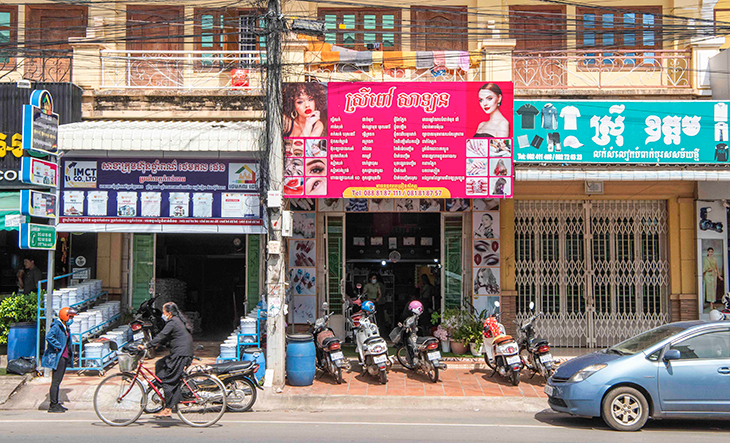
In addition to their own social enterprises, BSDA also provides vocational training for young people in external training companies. Here you can see a beauty salon in the centre of Kampong Cham.
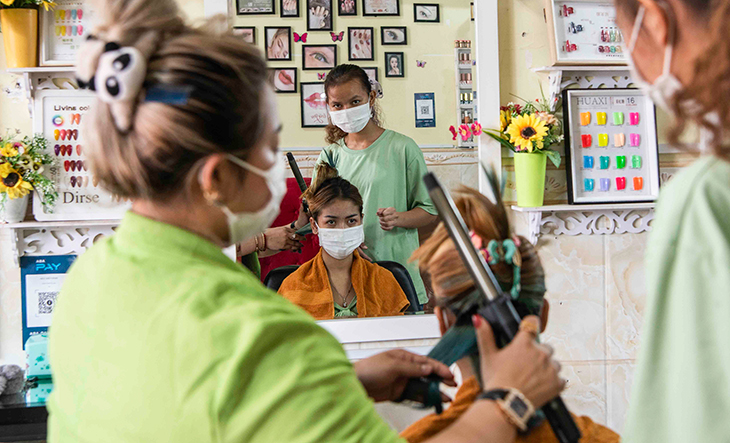
In this beauty salon, the trainee is taught by the trainer how to cut and style a customer’s hair.
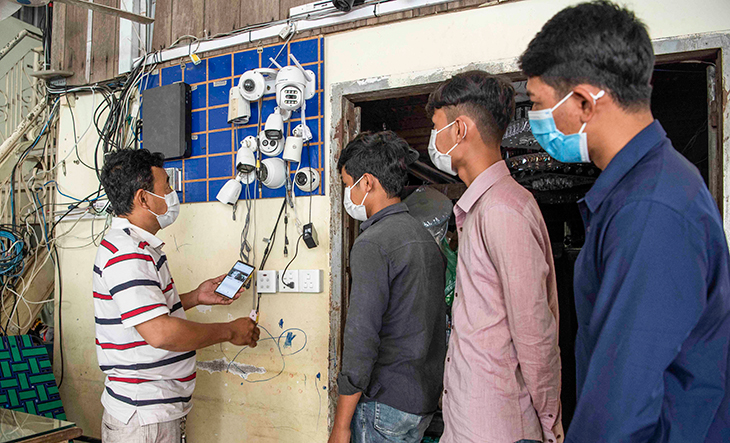
BSDA offers another external training opportunity in the field of electronics. During their training the young people are not only supervised by the trainers, but also actively supported by BSDA employees.
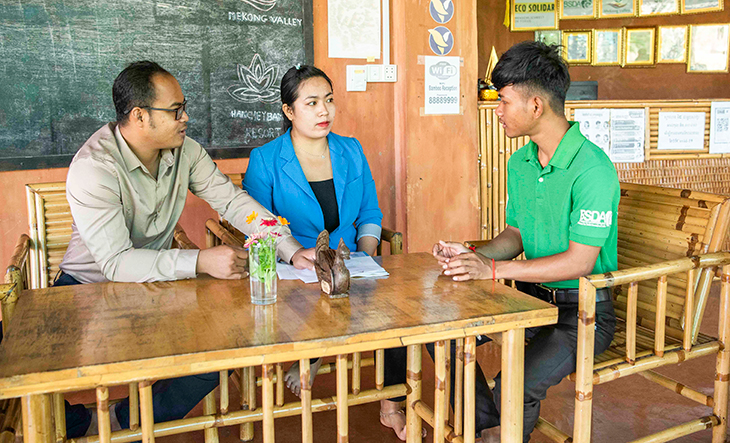
The support of the trainees comprises, among other things, regular evaluations, assessments and personal discussions. Here, two BSDA staff members conduct an assessment interview with a front-desk vocational trainee.
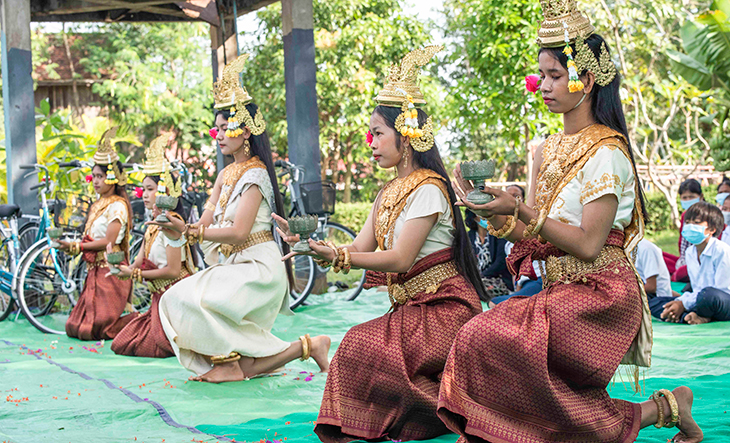
The promotion of social and personal skills is part of the holistic approach. In the second drop-in centre, the young people can engage in meaningful leisure activities, such as learning the traditional Cambodian Apsara dance.
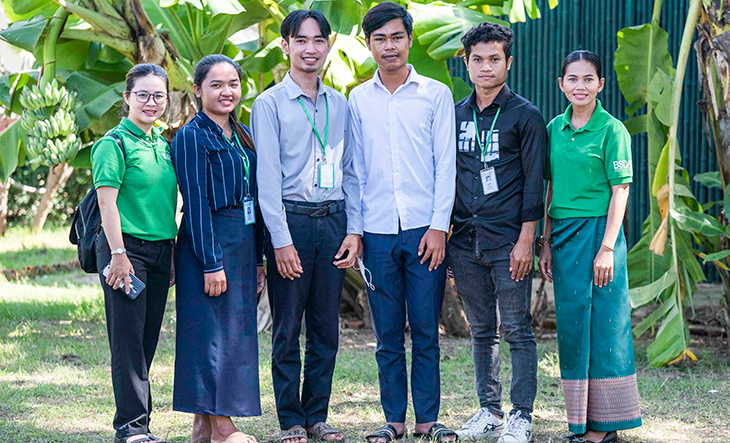
The holistic care enables the young people and children to strengthen their self-confidence towards independence. These former beneficiaries have personally told us about the positive impact this holistic approach had on their personal development. Some of them work as volunteers at the centre, others have even got a fixed employment there.
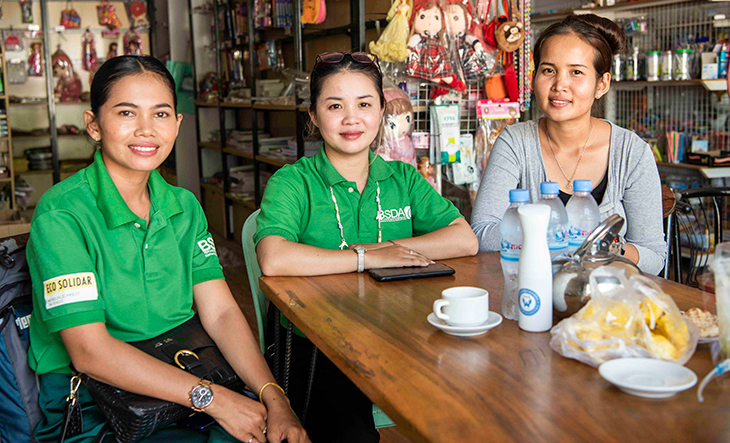
The aim of BSDA is to enable the young people to lead an independent life by learning a profession and thus securing their livelihood. The former beneficiaries are accompanied by aftercare programmes over a period of time in order to ensure that they are able to gain a foothold on their path to independence.
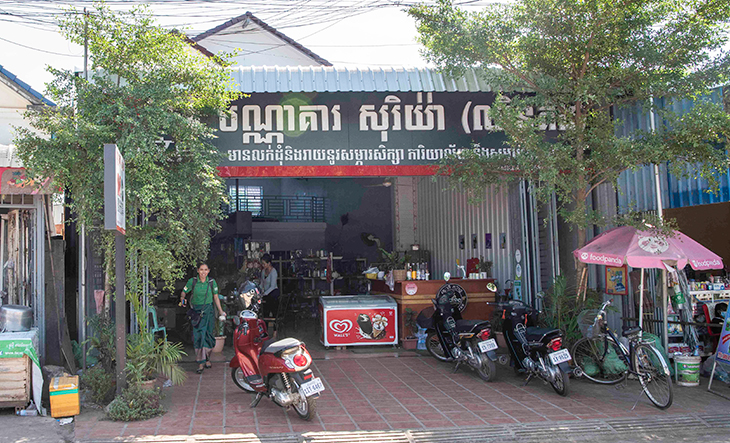
While some of the young people get a permanent job in their training company, others dare to take the step into self-employment, such as the owner of this small shop.
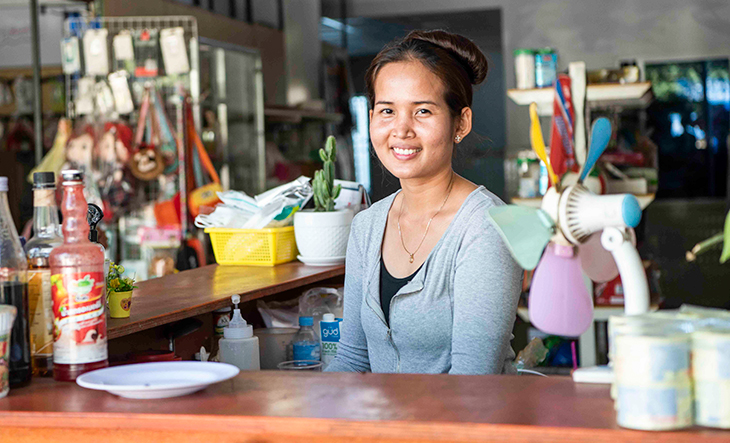
Chhouern Sreyya, a former beneficiary, runs a successful stationery shop combined with a café. She can make a good living from her income and leads a fulfilled and independent life.

